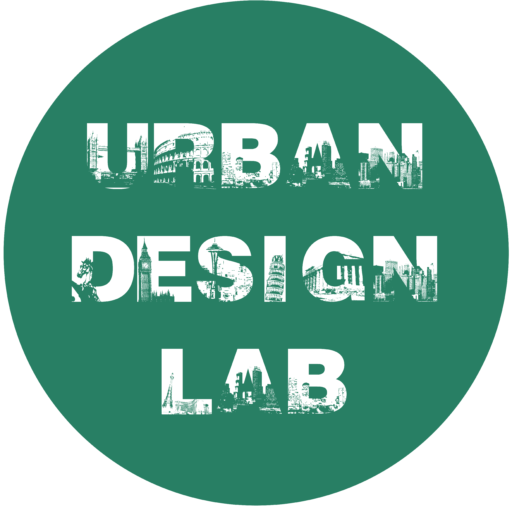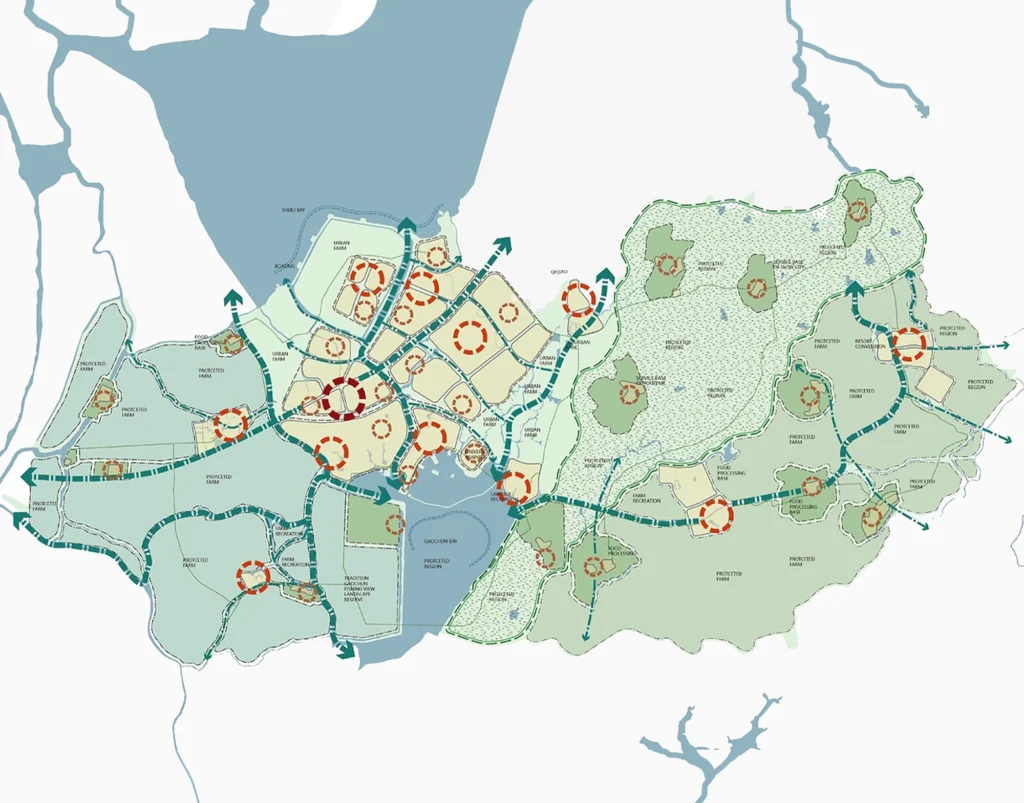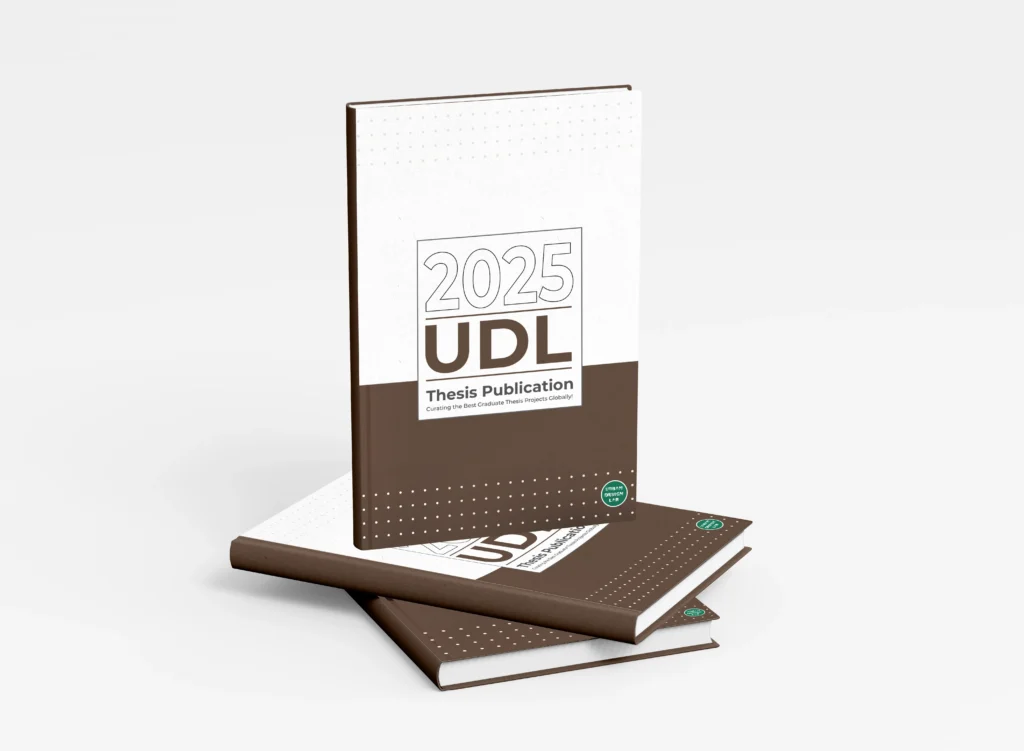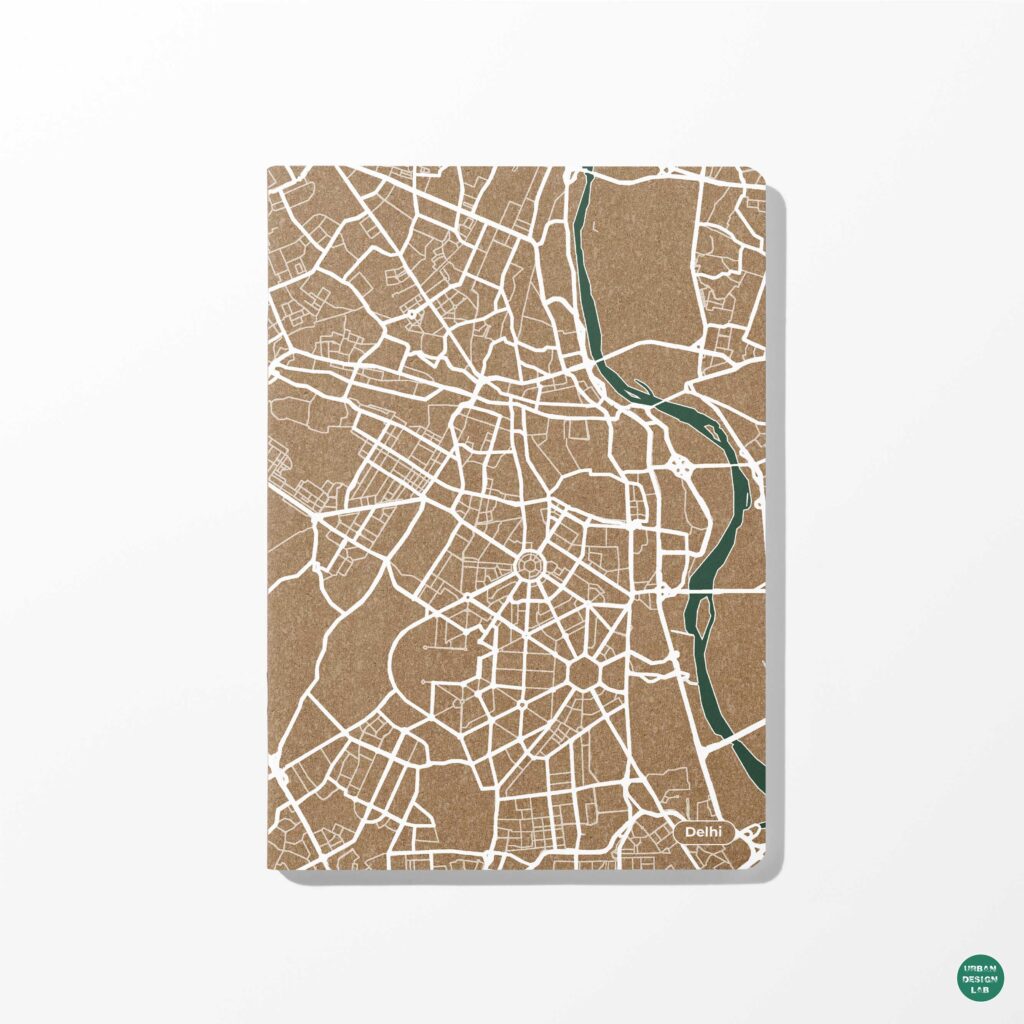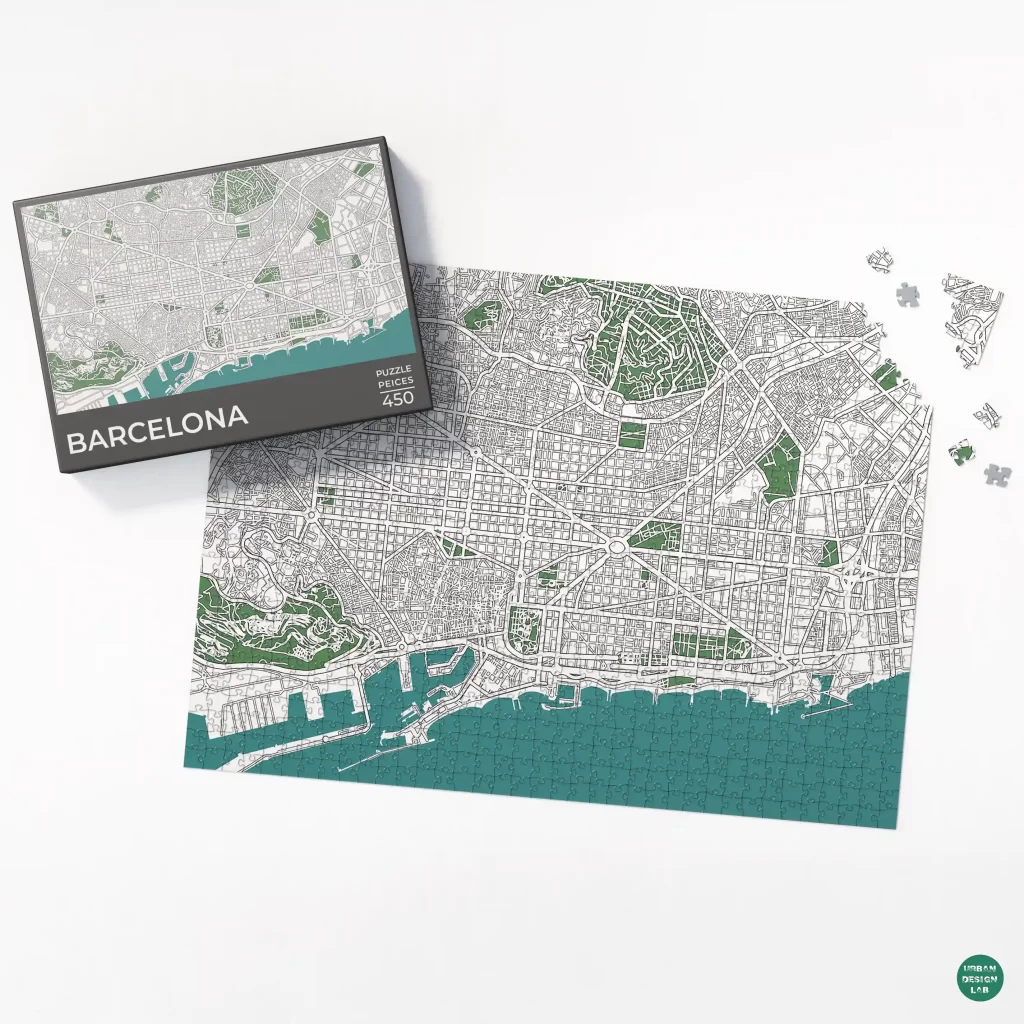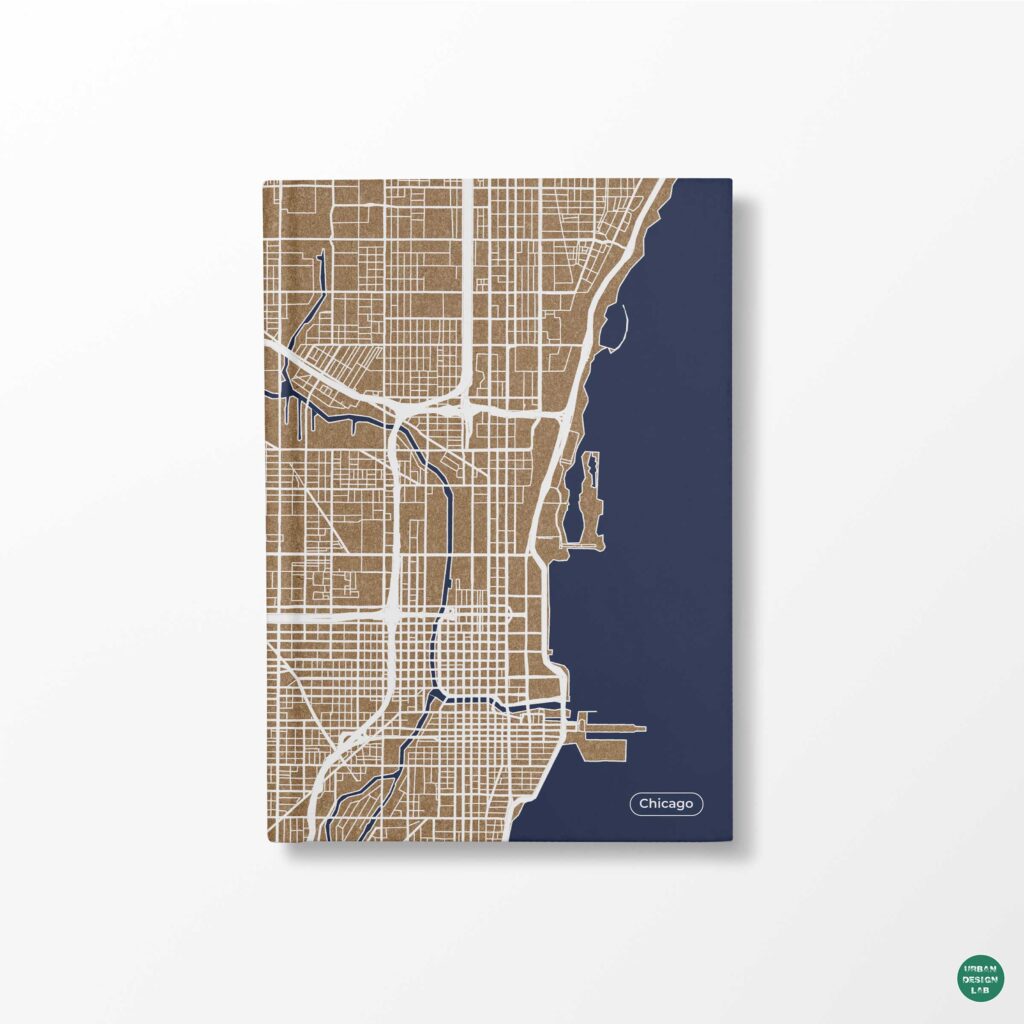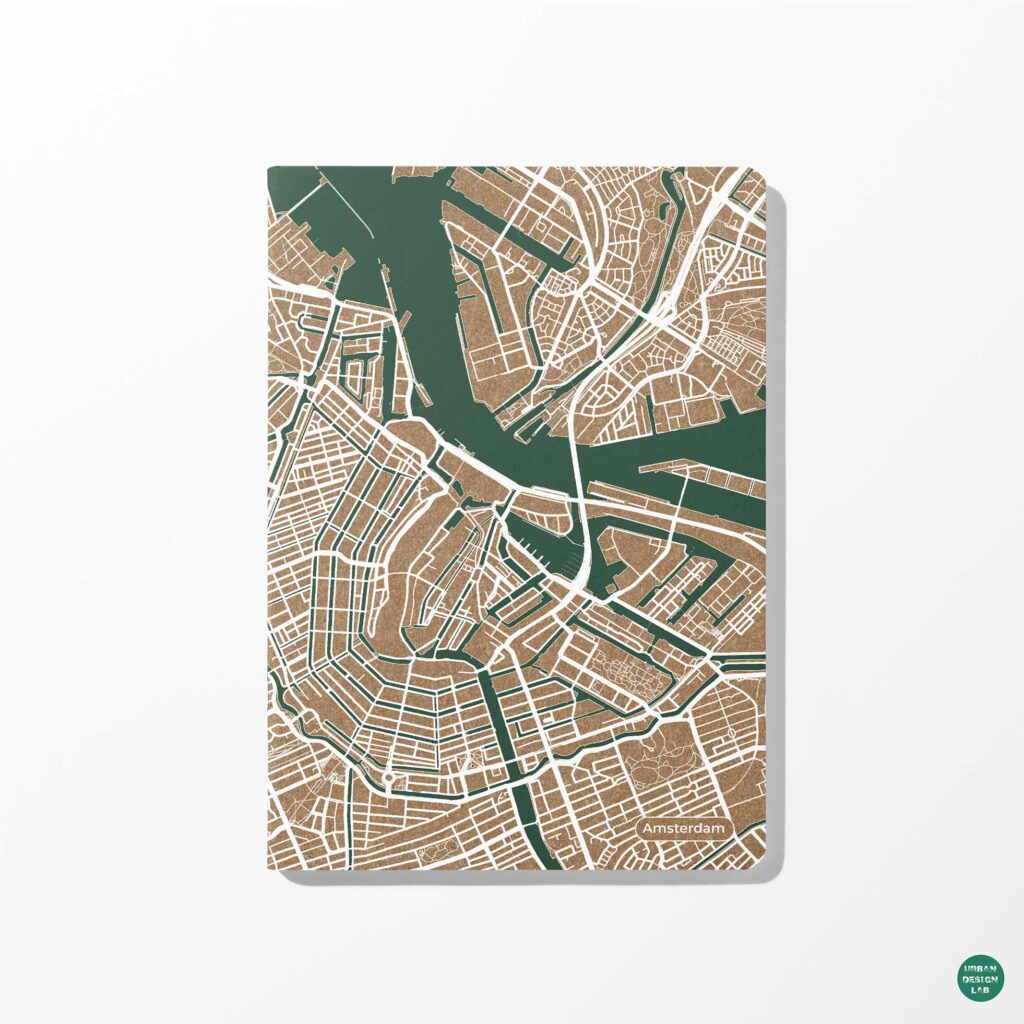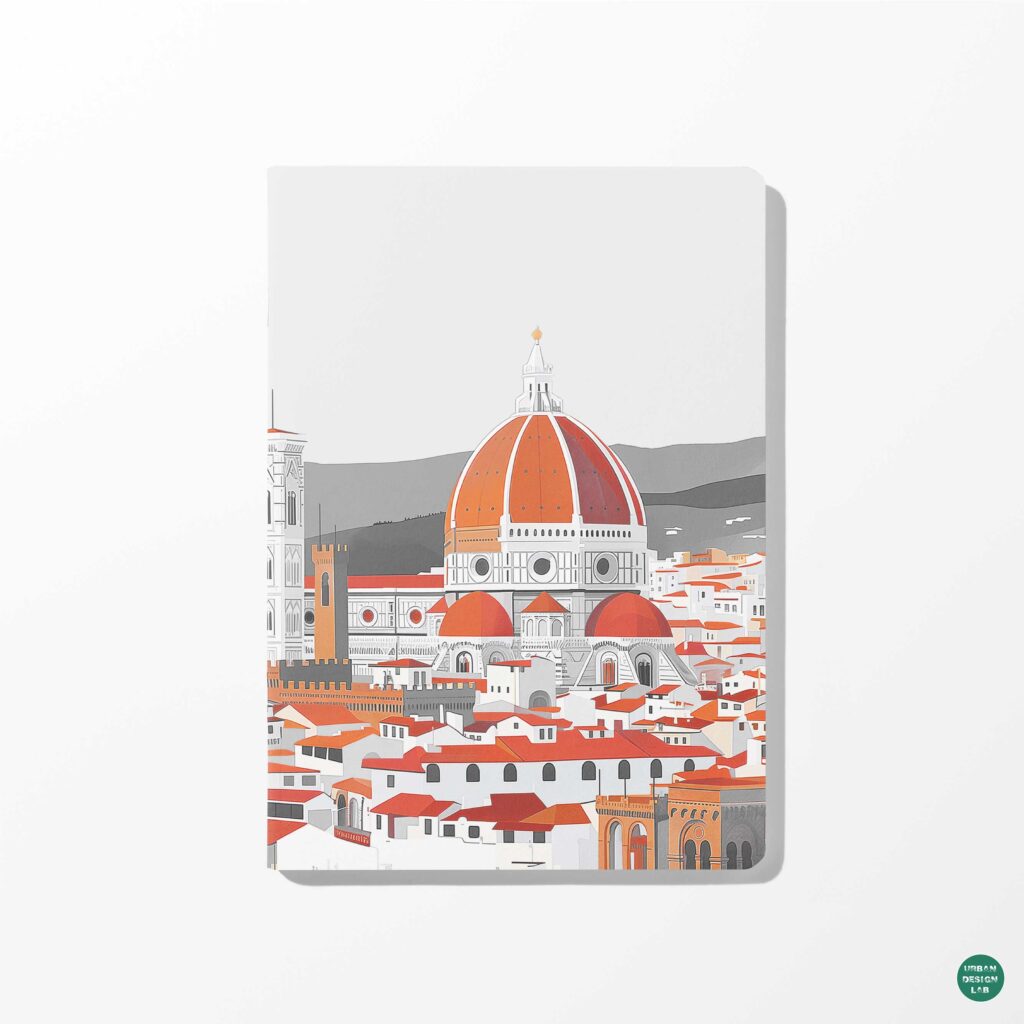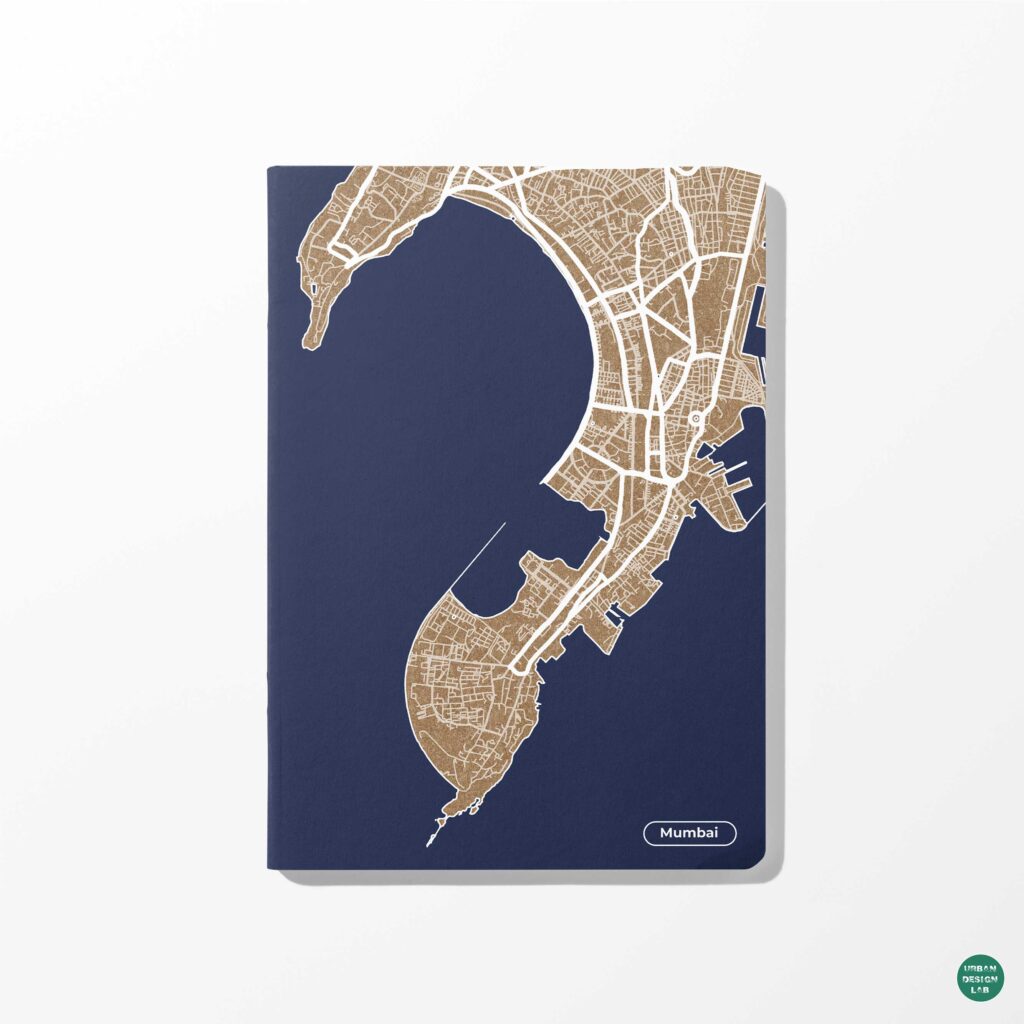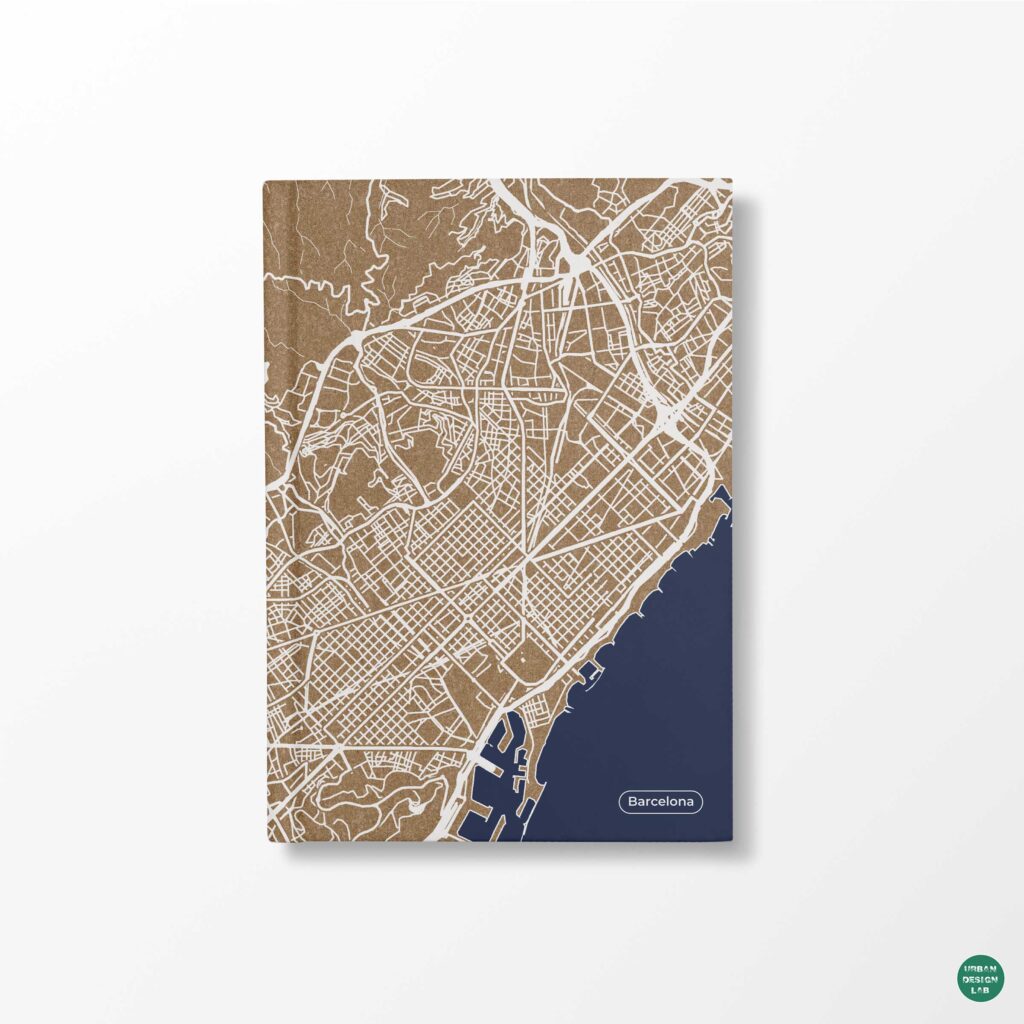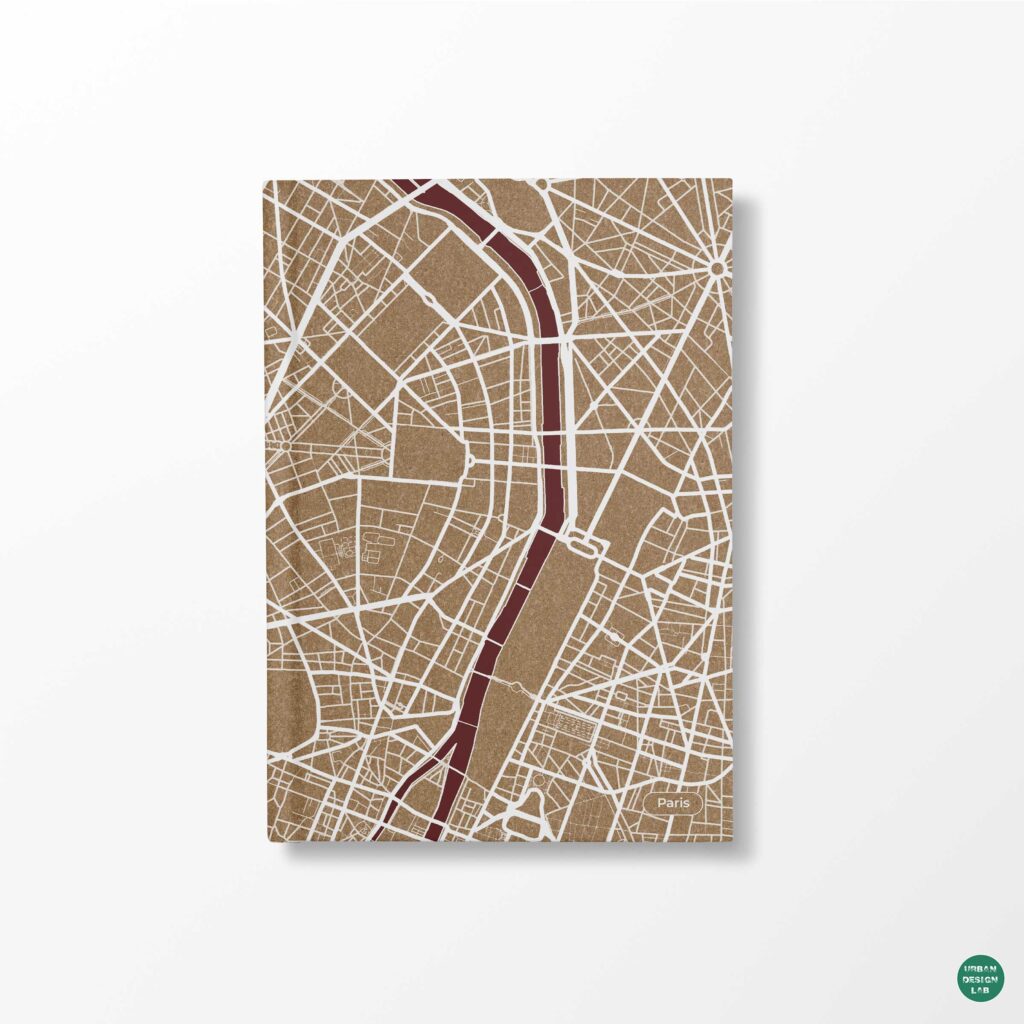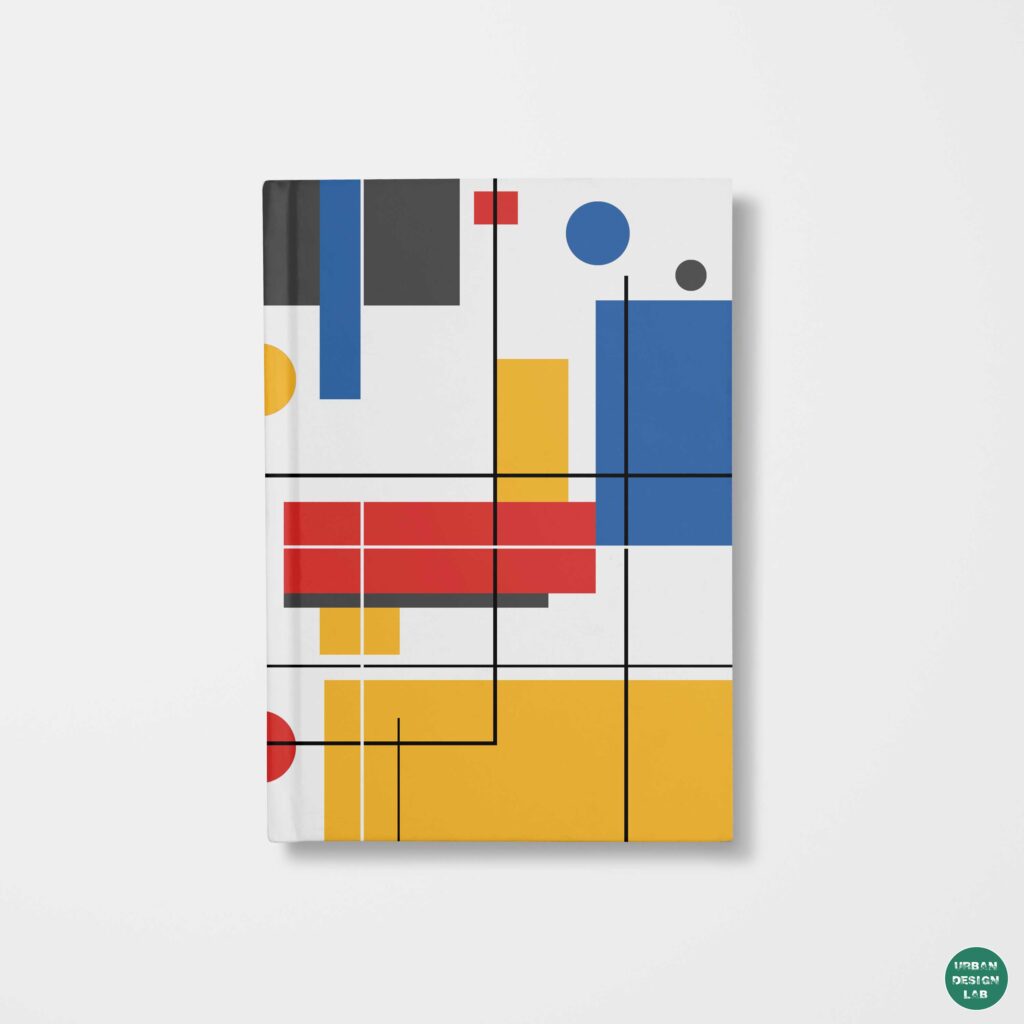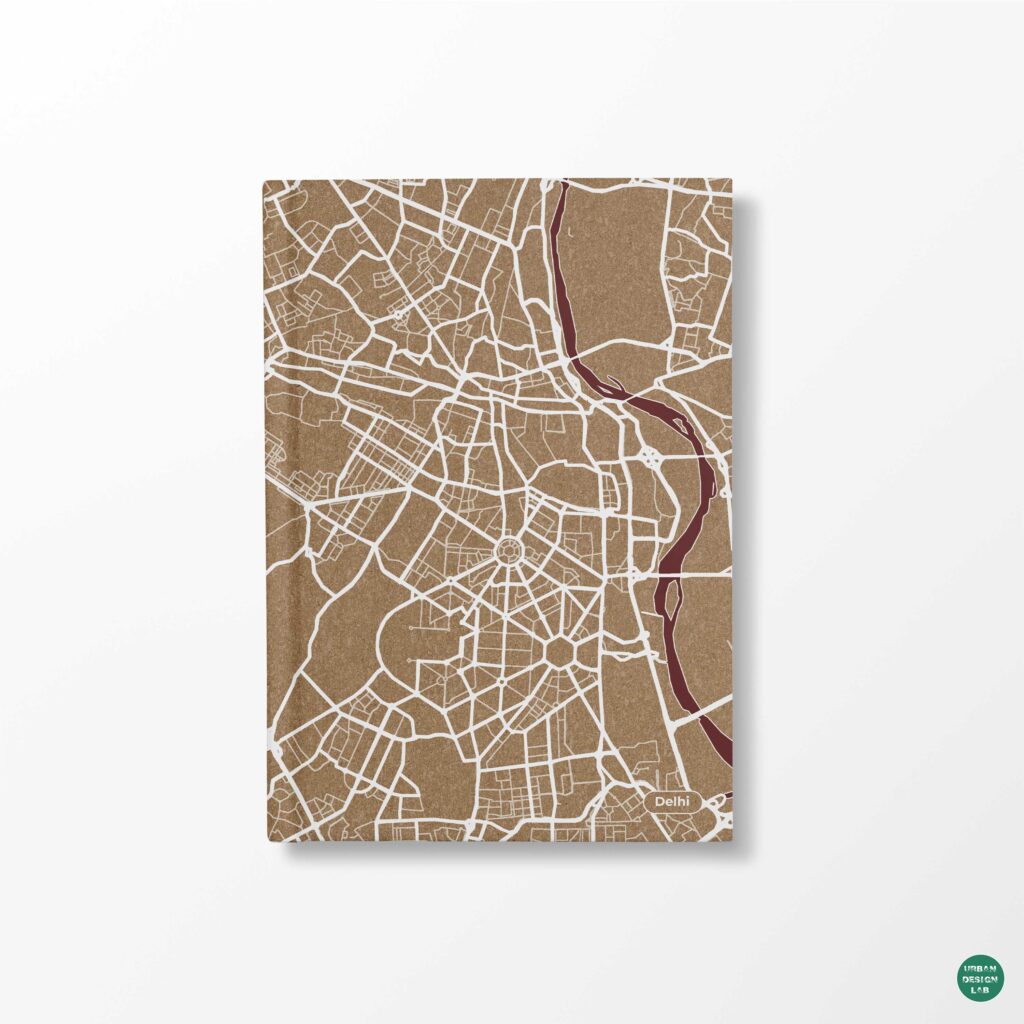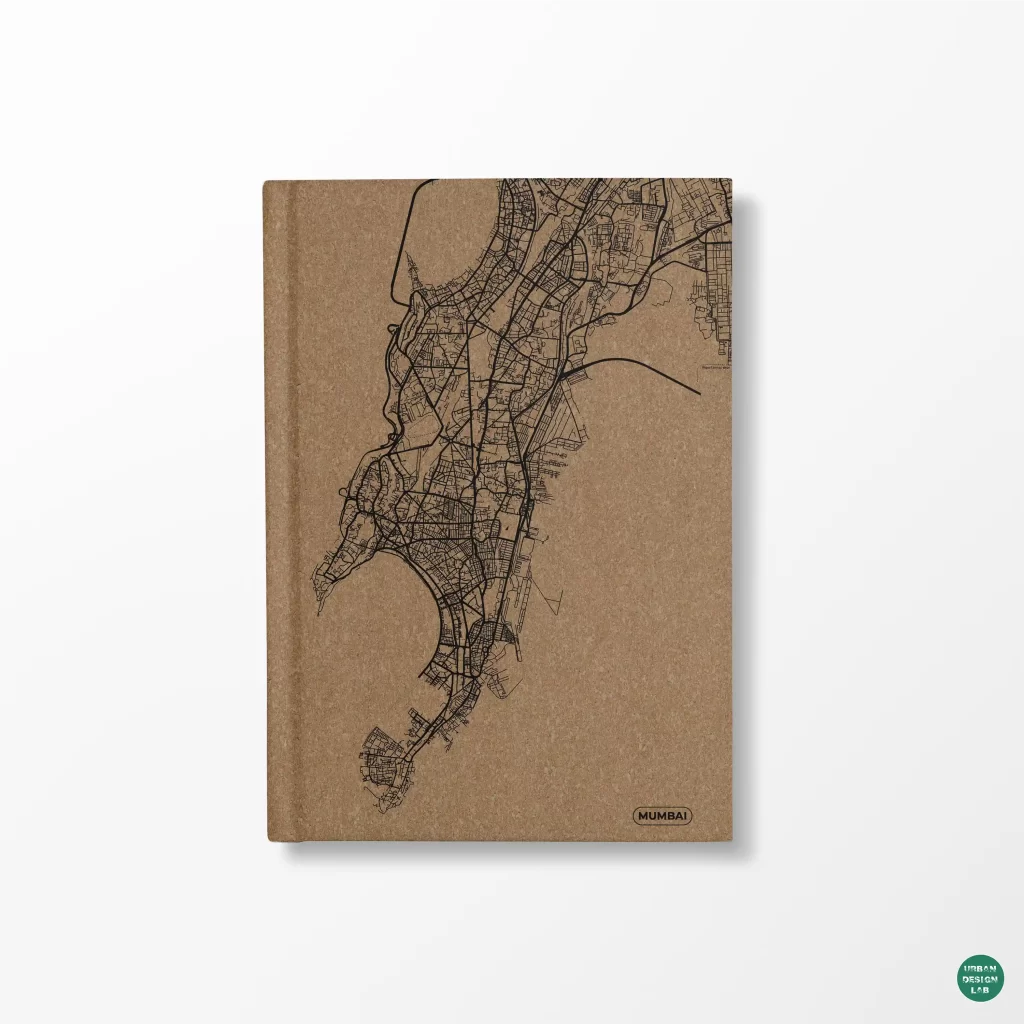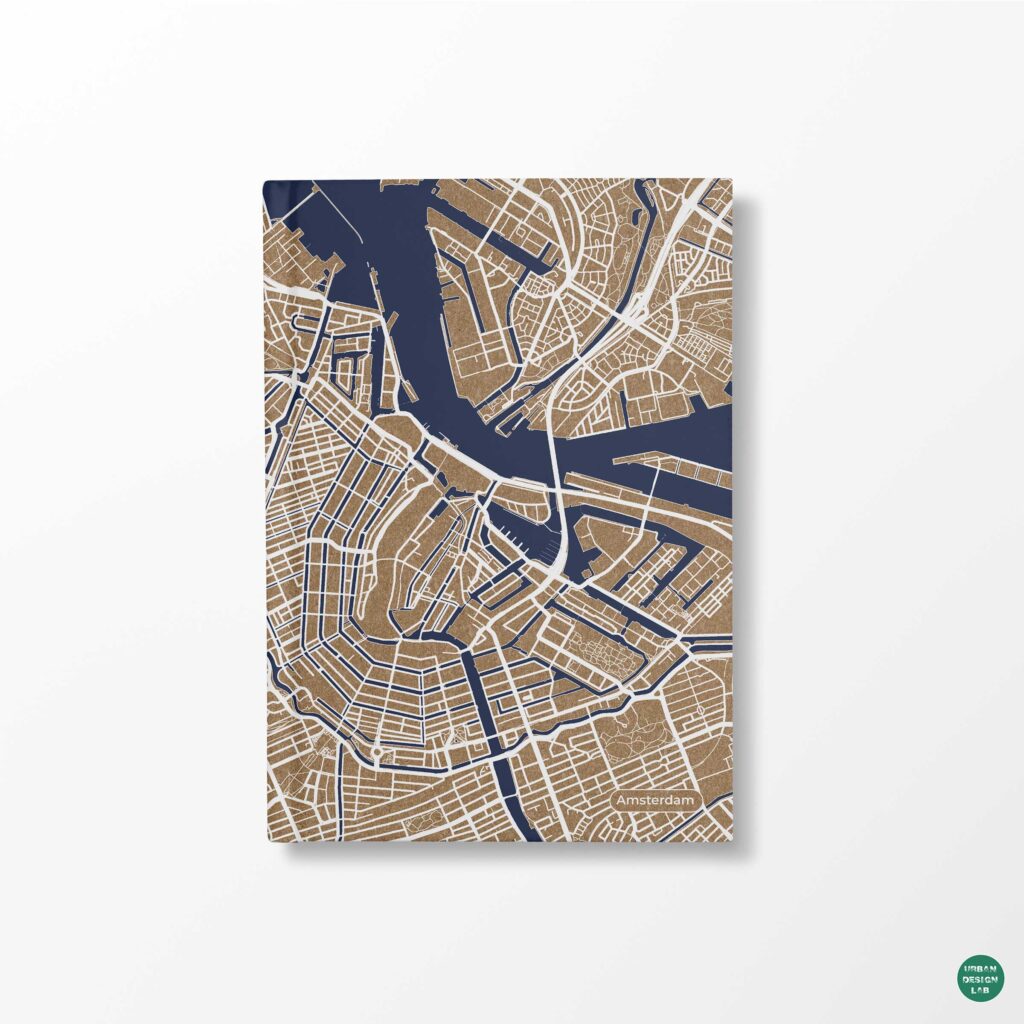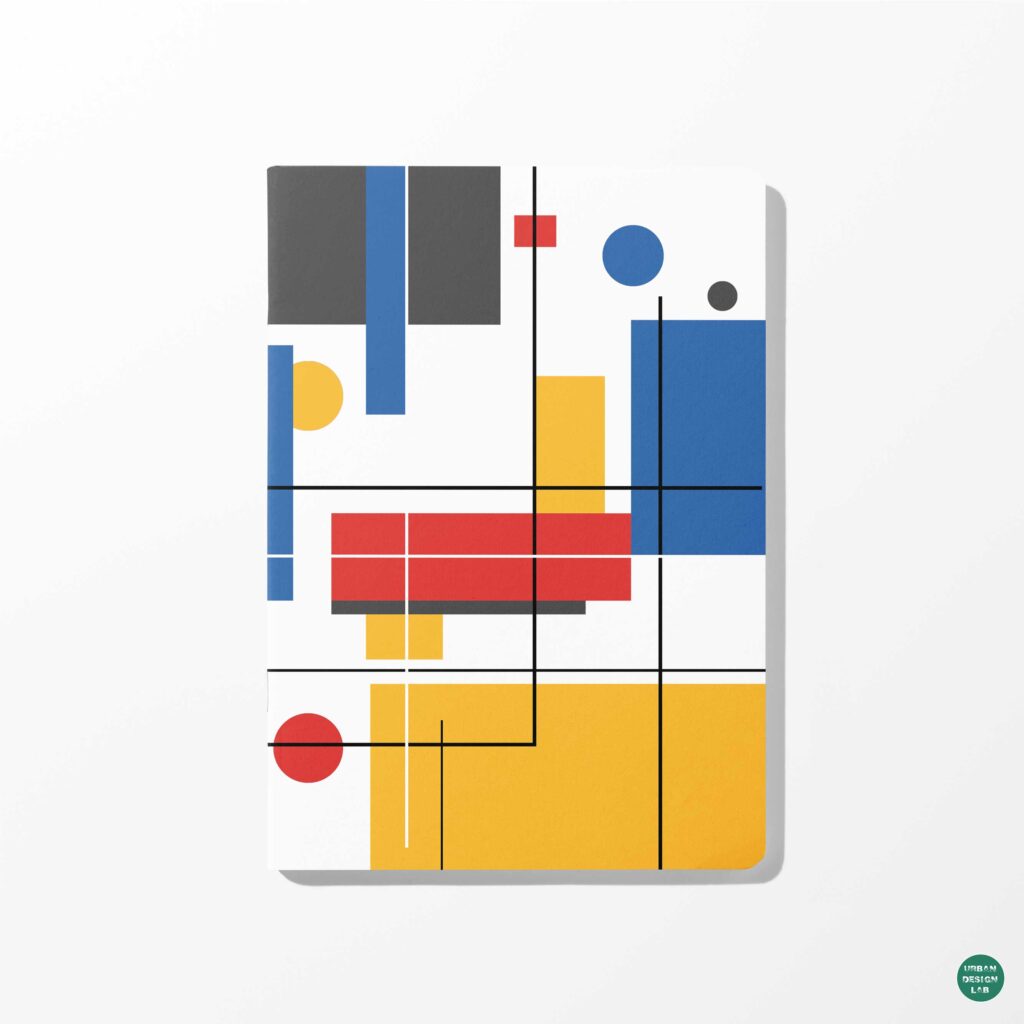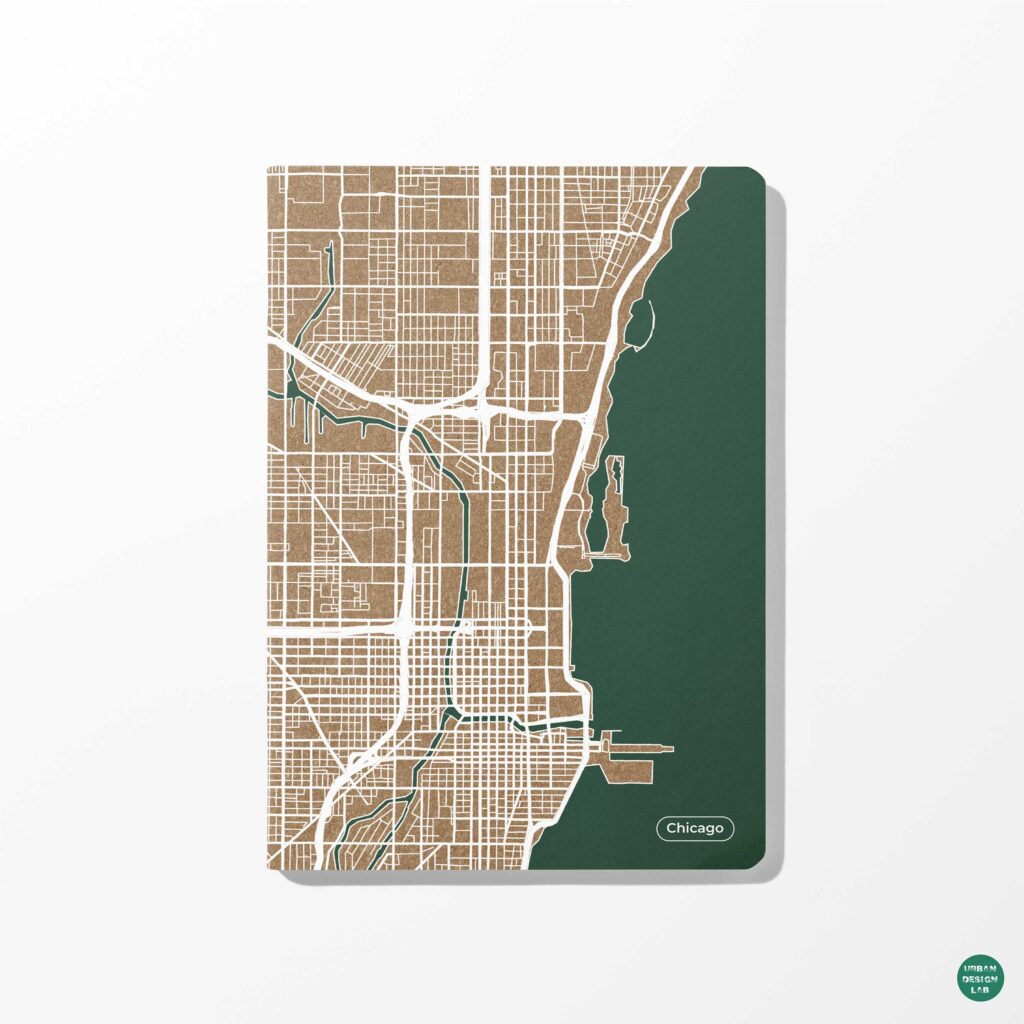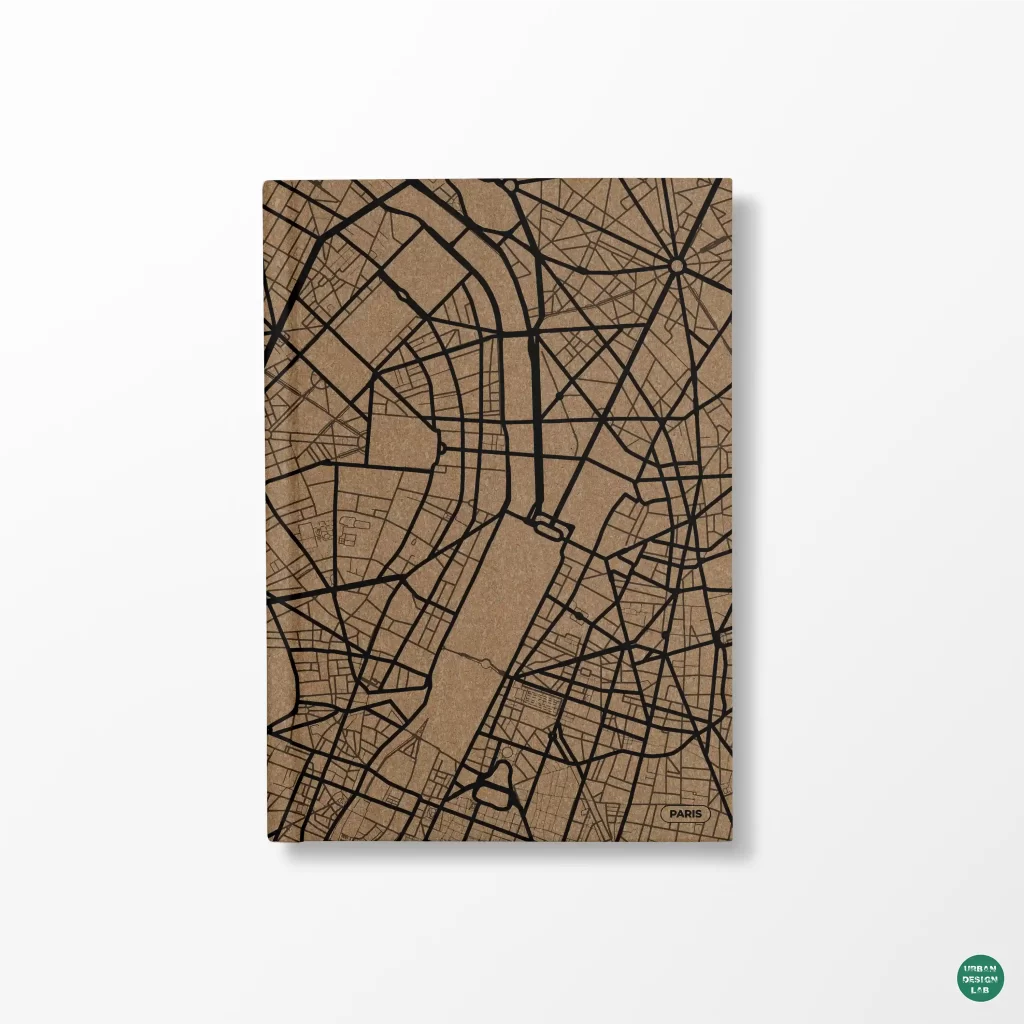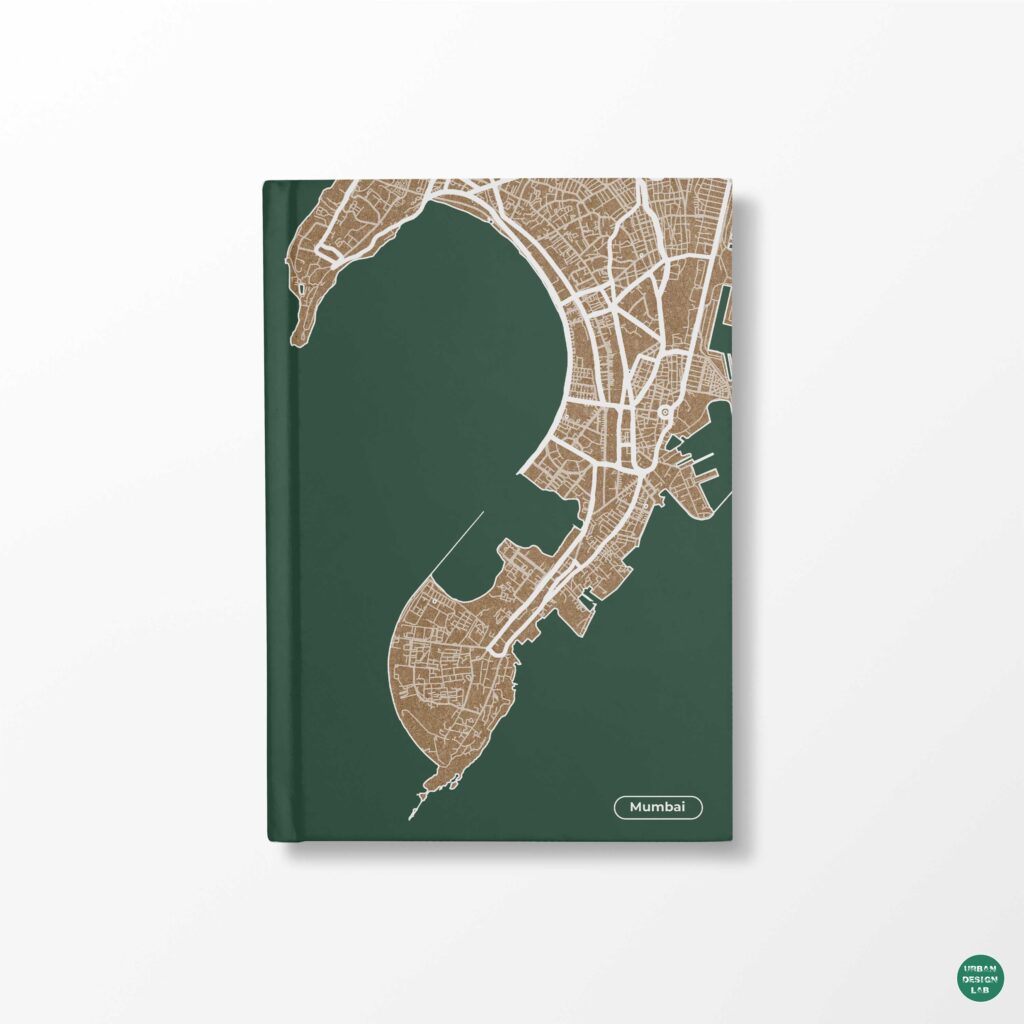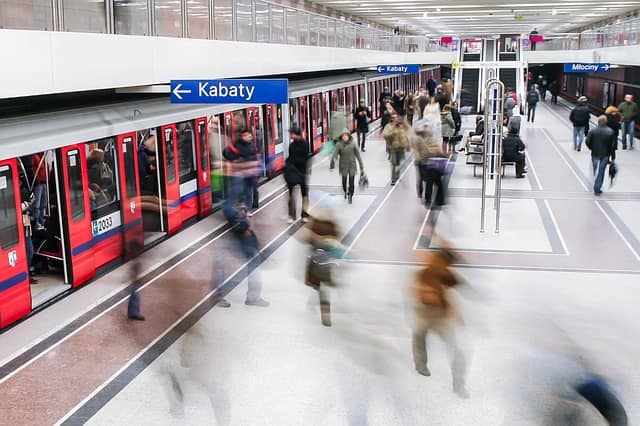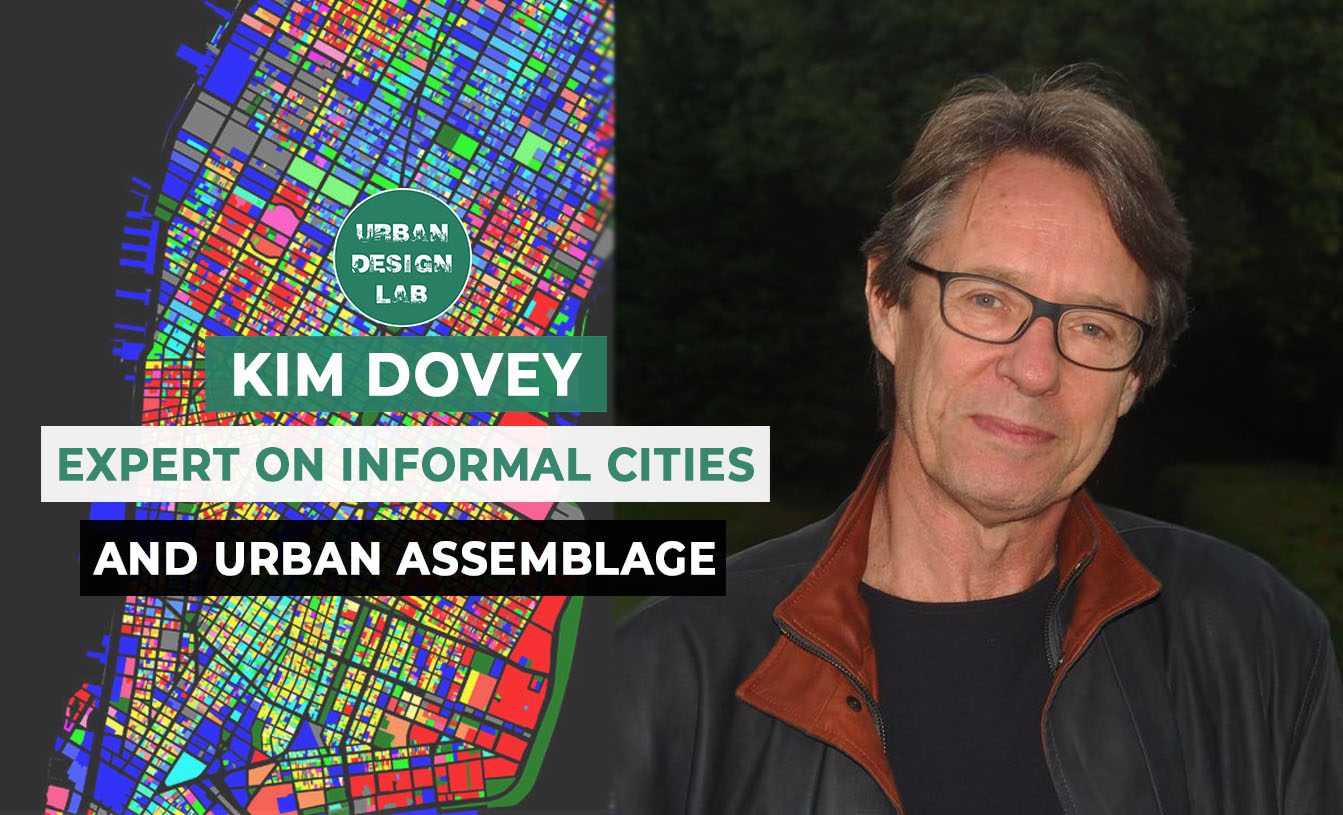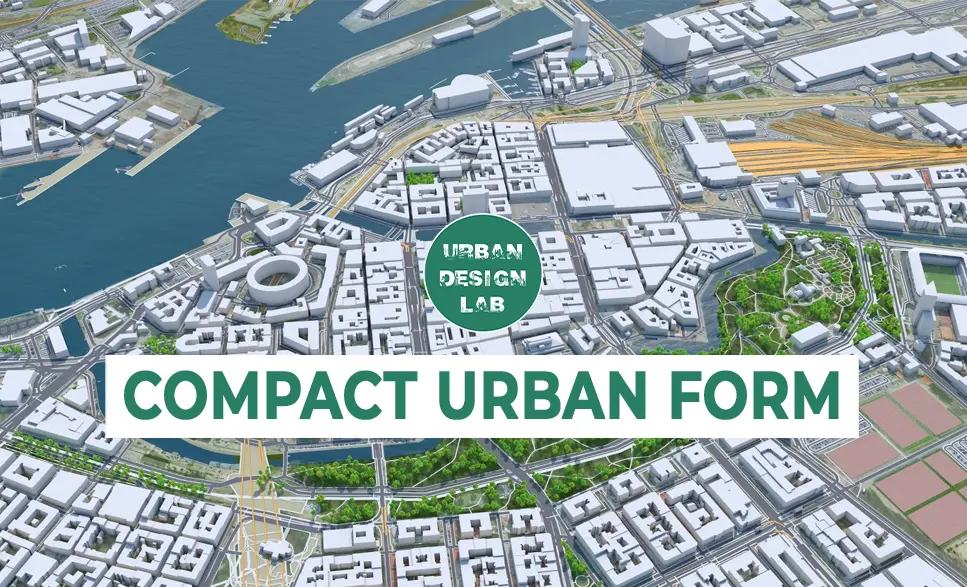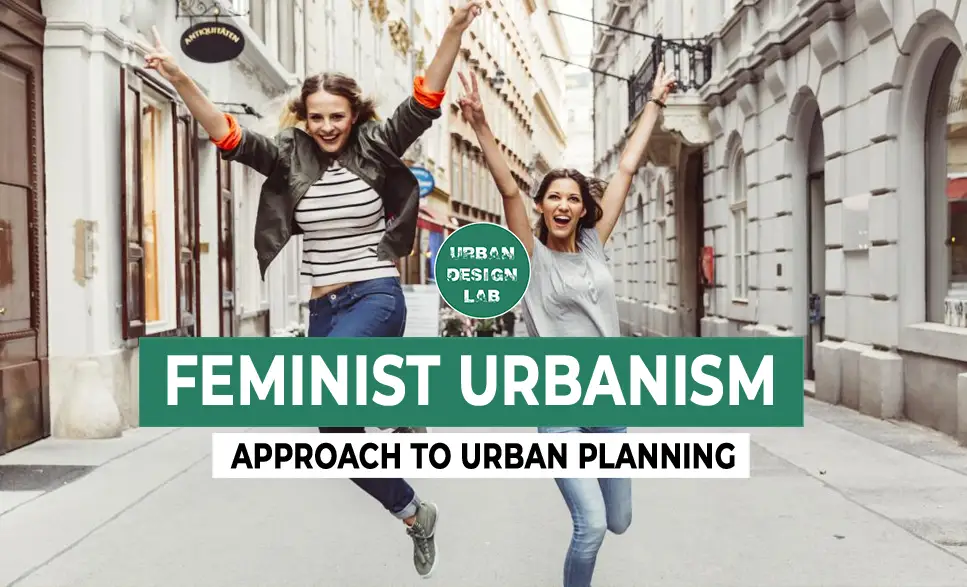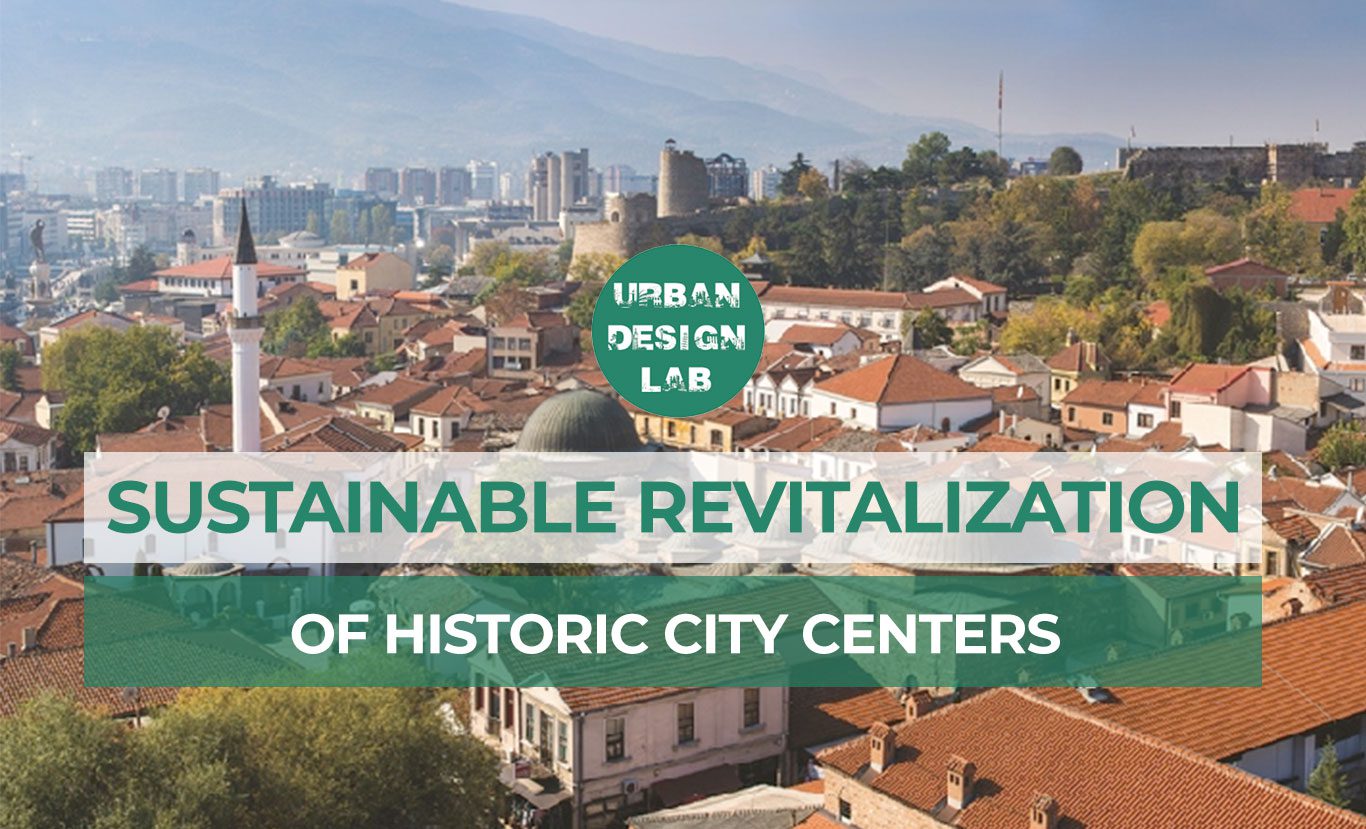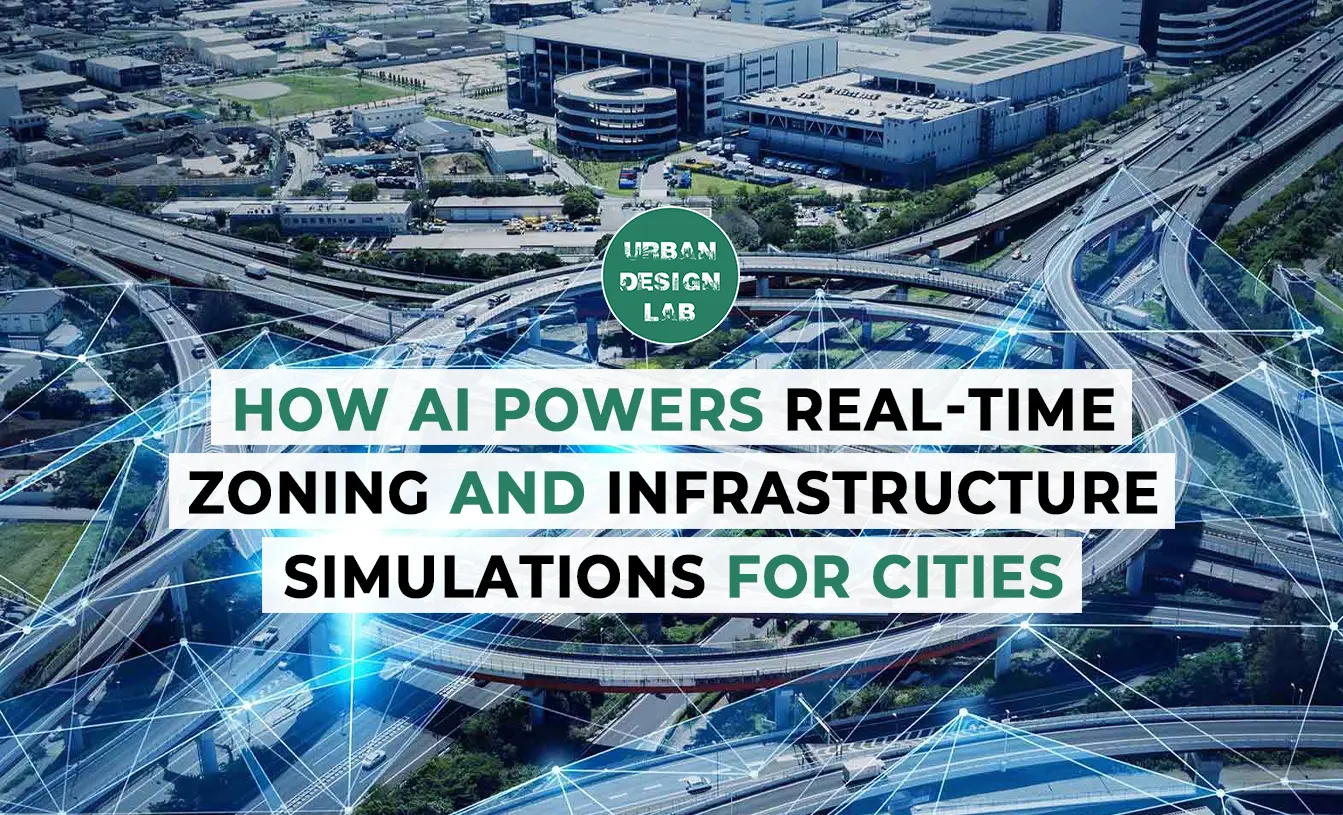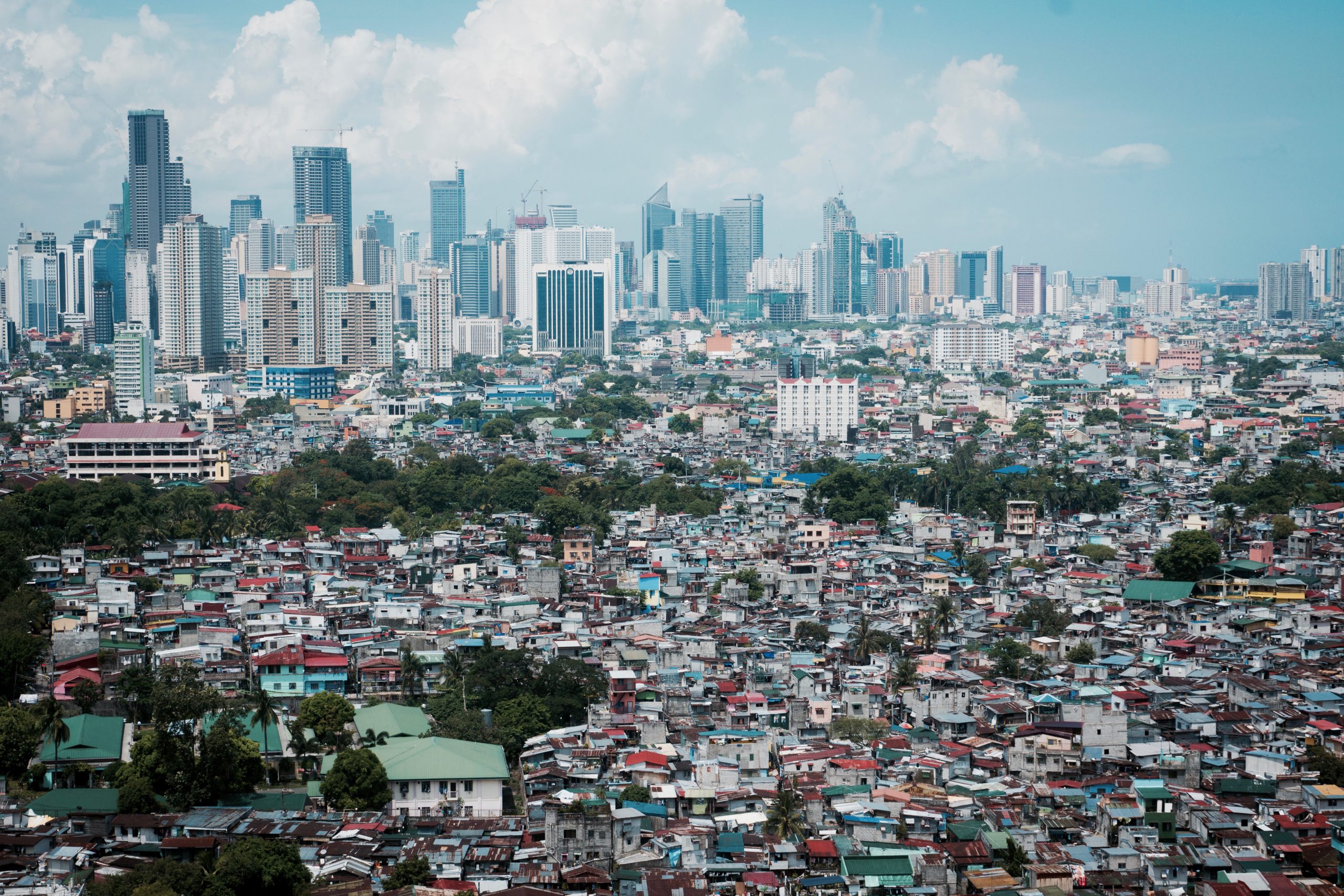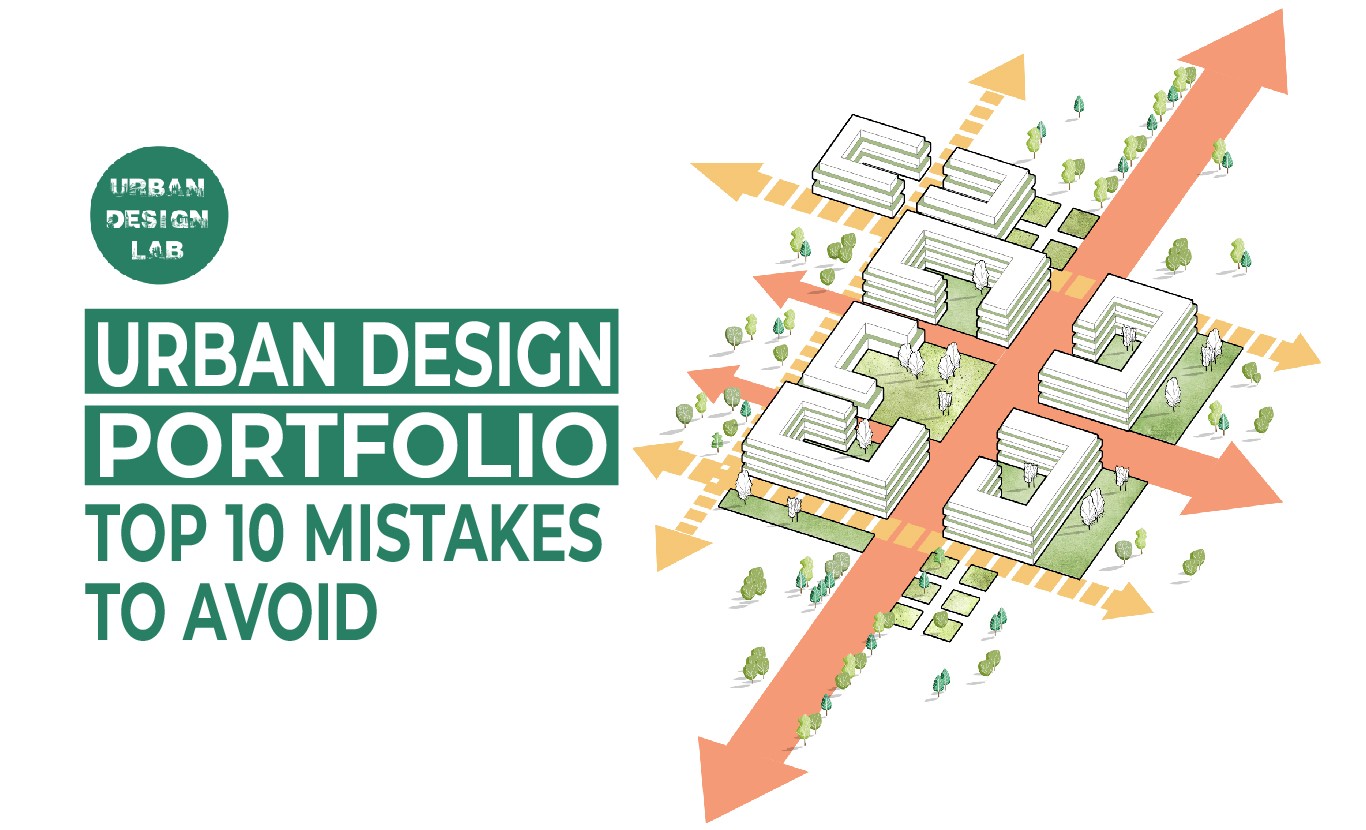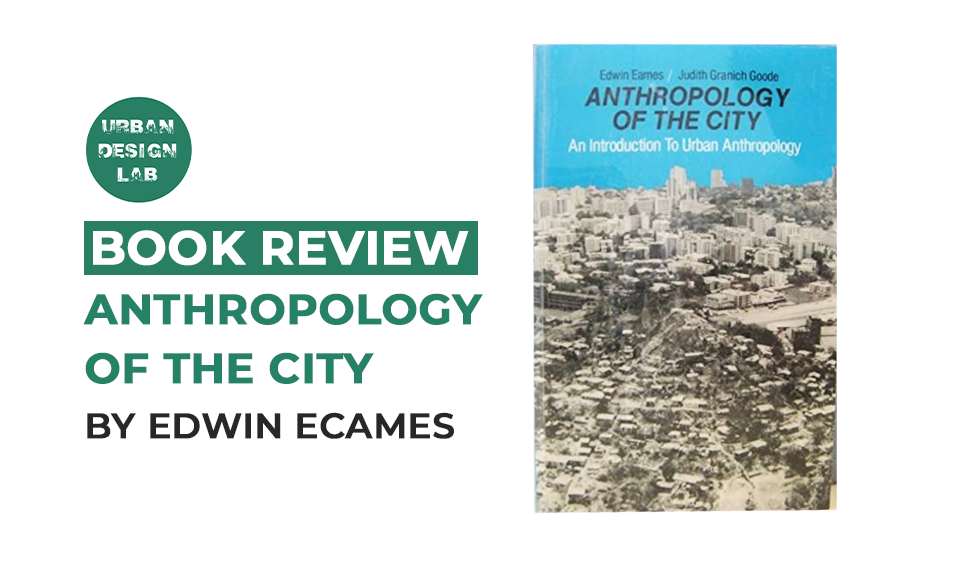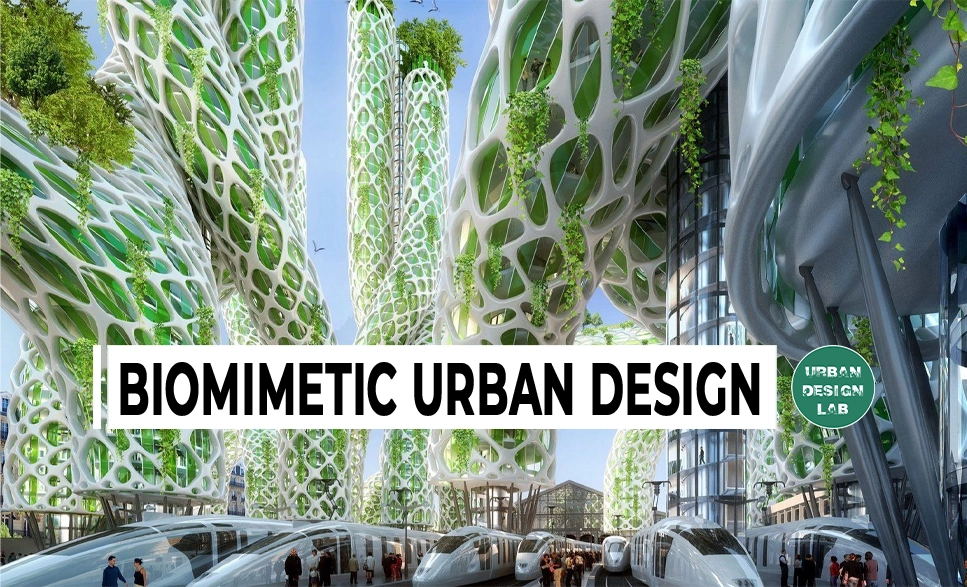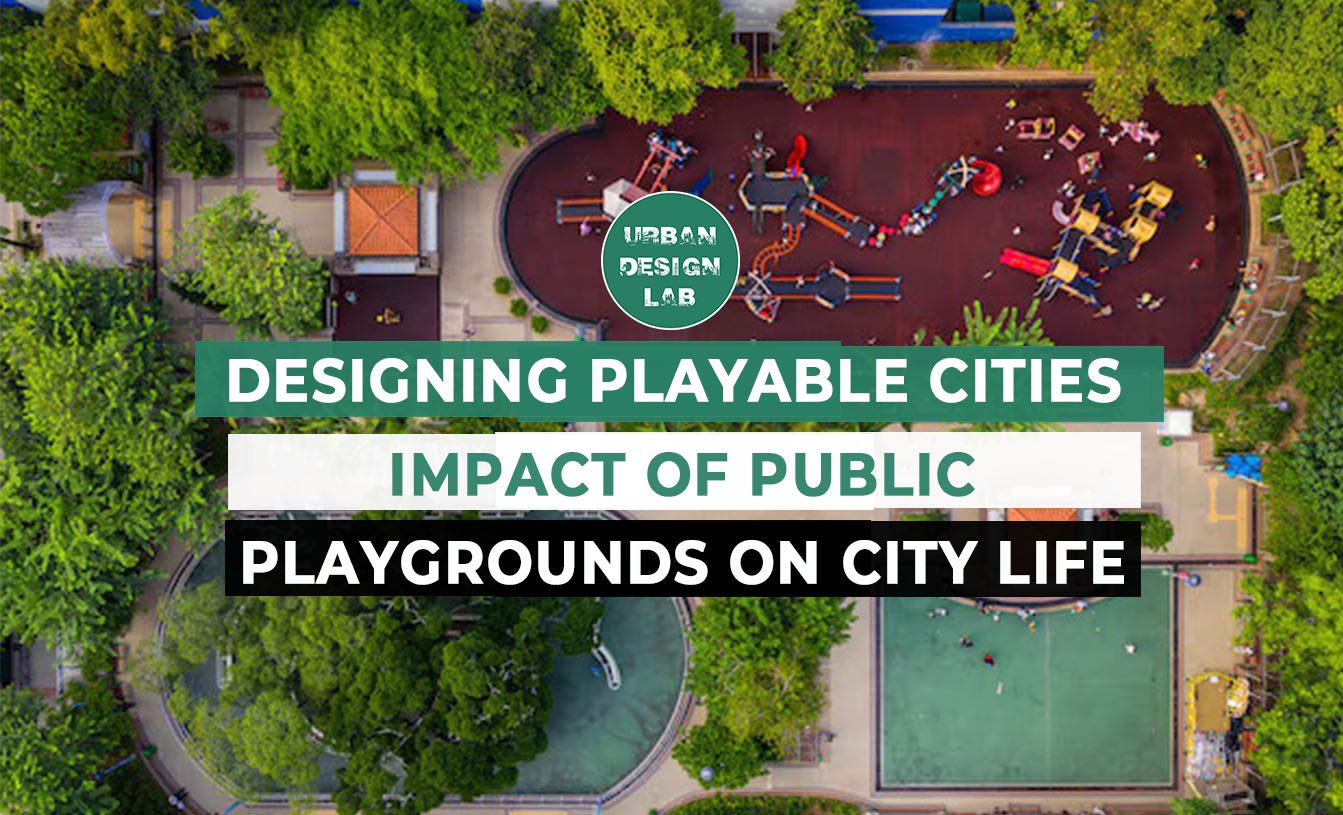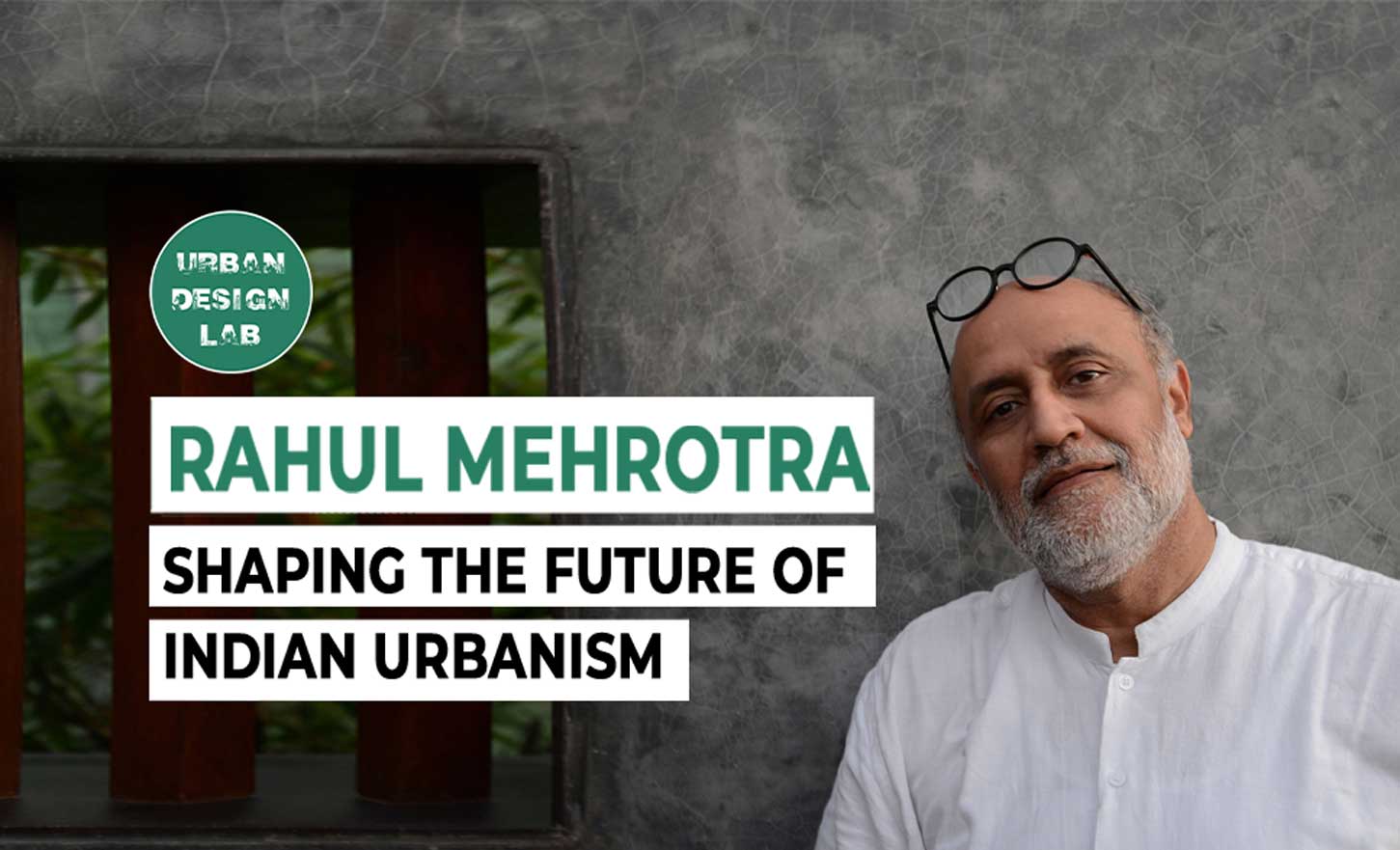
Inclusive Design Approaches in Brazilian Informal Settlements
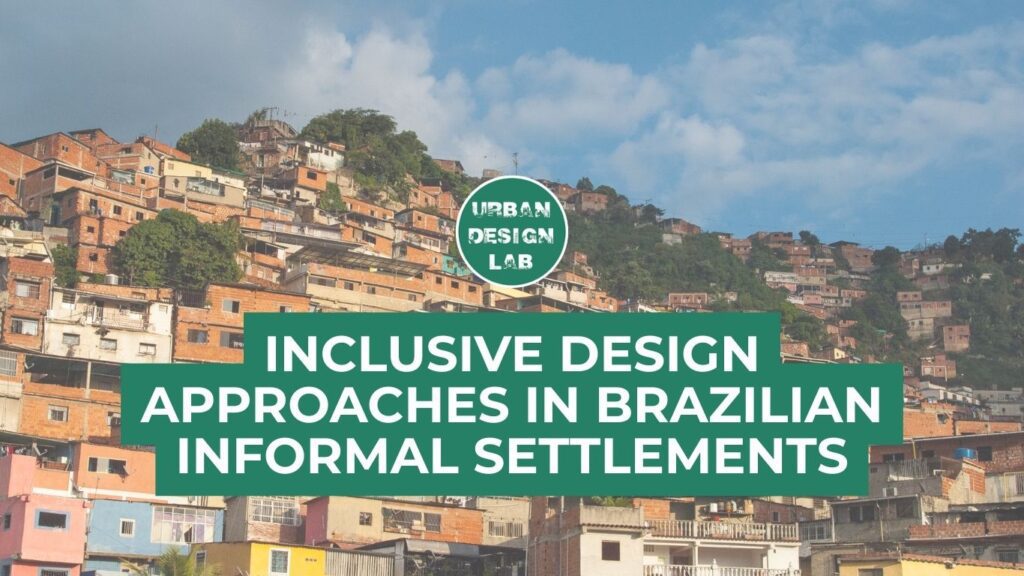
This article examines the challenges and opportunities of applying inclusive design principles in Brazil’s informal settlements, such as favelas and ocupações. It highlights historical and social contexts, explores participatory and sustainable design approaches, and presents the award-winning Barraco do Kadu project as a case study. The discussion underscores barriers like legal constraints and stigma while emphasizing emerging collaborative strategies. The article concludes with reflections on scalable, equitable urban futures through inclusive design.
Framing the Issue
Informal settlements, encompassing favelas, ocupações, and comunidades, constitute a substantial part of Brazil’s urban fabric, housing millions under conditions marked by informality and vulnerability. Often located on city peripheries or marginalized zones, these communities are socially and spatially excluded yet vital to urban diversity.
Inclusive design in urban planning and architecture seeks to create environments accessible to all people, especially marginalized groups, by prioritizing human-centered, equitable, and context-responsive spatial solutions.
This article focuses on innovative design approaches within Brazilian informal settlements aimed at integrating accessibility, cultural sensitivity, and community participation to enhance living environments. By rethinking these settlements beyond deficit models, the piece explores strategies that align with residents’ needs, resources, and traditions, fostering resilience and dignity in spaces often overlooked by formal urban policy.
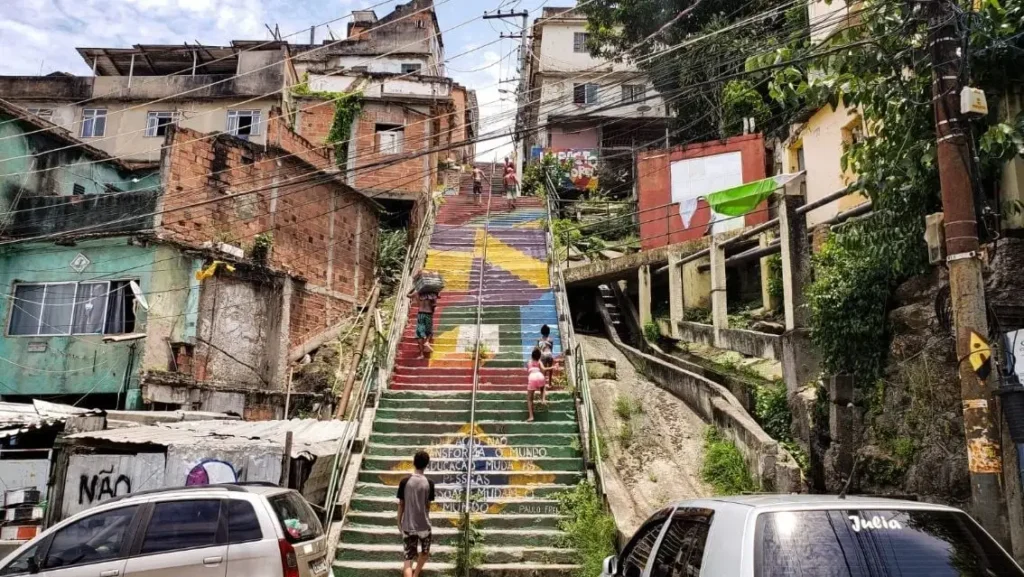
Historical and Social Context of Brazilian Informal Settlements
Brazil’s informal settlements originated primarily during rapid urbanization and industrialization phases in the 20th century, driven by rural-urban migration and housing shortages. Expansion continued as low-income populations, excluded from formal housing markets, self-built homes on unregulated land.
These settlements reflect deep-rooted social inequalities and urban segregation, perpetuated by uneven public policies that often criminalize informality rather than support integration.
Despite this, informal settlements have nurtured strong community identities and resilience through self-organization and collective building practices. The self-built nature of these neighborhoods contributes not only to survival but also to social cohesion, creativity, and local cultural expression, challenging stigmatizing narratives and highlighting their intrinsic value within Brazil’s urban landscapes.
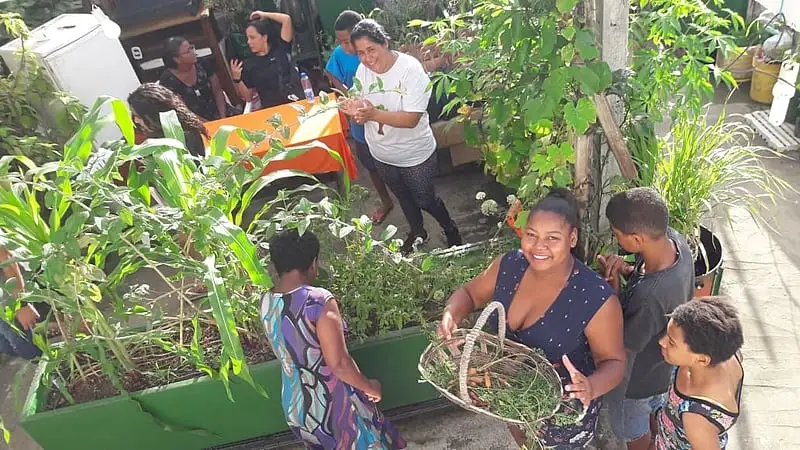
Source: Website Link
Principles of Inclusive Design in Marginalized Urban Contexts
Inclusive design in informal urban settings extends beyond physical accessibility to embrace social and economic dimensions. It respects local building traditions and cultural identities, ensuring design interventions complement rather than displace community practices.
Central to successful inclusive design is participatory process, involving residents as active collaborators in identifying needs, co-creating solutions, and managing construction—thus empowering communities. Sustainability is also crucial, with emphasis on adaptability to local resource constraints through use of affordable, locally sourced materials and techniques.
These principles foster environments that are not only accessible but socially meaningful and resilient to changing conditions, advancing equity and dignity for marginalized populations.
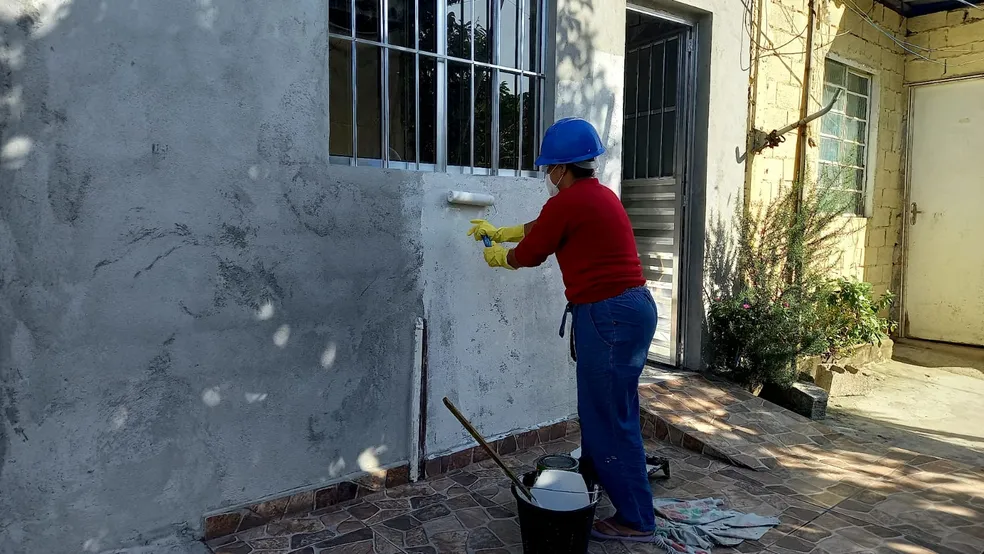
Case Study – Barraco do Kdu: An Embodiment of Inclusive Design
The Barraco do Kdu project, winner of the 2023 Building of the Year Award by ArchDaily, is located in Belo Horizonte’s Aglomerado da Serra, a major favela complex.
This innovative housing exemplifies inclusive design through its use of reused and exposed materials, such as visible brickwork and traditional construction methods, reflecting the community’s architectural language. Co-created with local residents and sensitive to existing urban fabric, the design embraces simplicity and replicability to encourage self-building by others.
The project enhances community pride, functions as a symbol of periferial valorization, and shifts broader urban discourse toward recognizing the potential of informal settlements as sites for dignified, sustainable living.
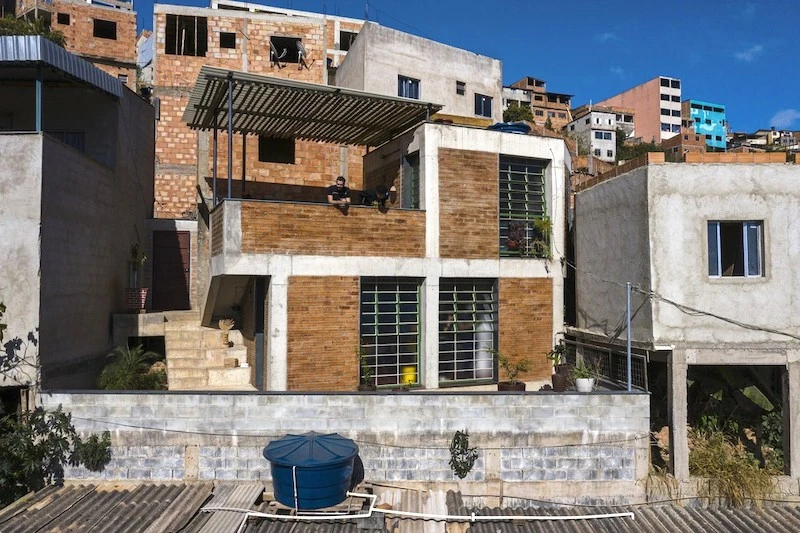
Distinctive Qualities of Barraco do Kdu as a Model for Inclusive Design
The Barraco do Kdu project distinctly exemplifies inclusive design through its innovative use of local, reclaimed materials such as wood, scrap metal, and repurposed construction elements, reducing costs while minimizing environmental impact.
Its architectural form harmonizes with the existing dense urban fabric of Aglomerado da Serra, respecting the narrow pathways and informal layout rather than imposing rigid structures. This sensitivity ensures continuity of community movement and social interaction. The project’s participatory process is another hallmark; community members were actively involved in decision-making, which nurtured a sense of ownership and ensured the design truly addressed local needs. Technically, the Barraco do Kdu incorporates adaptable spaces that accommodate various domestic activities, demonstrating a flexible approach that evolves with residents’ changing requirements.
Most importantly, the project’s symbolic stature as a winner of the 2023 Building of the Year award elevates the visibility of marginalized communities, challenging negative stereotypes associated with favelas. Its success underlines how architecture can be both a practical and cultural intervention—promoting sustainability, social inclusion, and dignity. Barraco do Kdu is thus a pioneering example deserving replication and adaptation in diverse informal contexts.
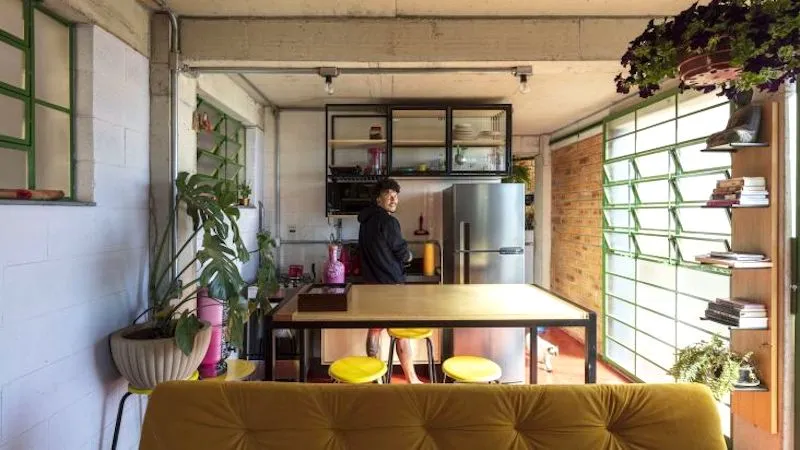
Emerging Strategies and Best Practices
Innovative strategies increasingly emphasize community-led design and co-creation workshops that empower residents as decision-makers.
Partnerships among NGOs, academic institutions, and local governments help leverage resources and expertise for holistic interventions. Use of low-cost, locally available materials and incremental building techniques enables adaptations over time, aligning with residents’ financial capacities and changing needs. Digital tools, including mapping and participatory GIS, facilitate inclusive planning by visualizing issues and solutions collaboratively.
Together, these approaches promote sustainable, accountable, and replicable design methodologies that respect social dynamics while addressing infrastructure and housing deficits.
Conclusion
Inclusive design in Brazilian informal settlements demonstrates transformative potential to create more equitable urban futures.
Projects like Barraco do Kdu showcase how culturally attuned, community-centered practices can yield architecture that is both dignified and adaptable. However, lasting impact requires systemic changes in public policy, funding mechanisms, and societal attitudes to accommodate and value informal settlements as integral parts of cities. Embracing inclusive design advances spatial justice by bridging disparities in access and participation.
Moving forward, fostering scalable, collaborative design solutions will be vital to building Brazilian cities that recognize and uphold the rights, cultures, and aspirations of all inhabitants.
References
- Baiocchi, G., Heller, P., & Silva, M. (2001). Making space for civil society: Institutional innovations in Brazil’s participatory budgeting. Politics & Society, 29(1), 43–72.
- Maculan, F., & Magalhães, J. (2023). Barraco do Kadu [Project]. Coletivo Levante. https://www.machadovieira.com.br/barraco-do-kdu/
- Maricato, E. (2009). O mito da cidade formal: A produção do espaço na metrópole brasileira. Vozes.
- Moser, C. (2016). Upgrading informal settlements in São Paulo: The role of local authorities. Habitat International, 52, 78–85.
- Roggema, R. (2016). Design approaches for inclusive urban environments: Enhancing accessibility and social equity. Routledge.
- Stiphany, J., et al. (2022). Informal settlement upgrading and rental housing in São Paulo, Brazil. Journal of Planning Education and Research. https://www.lahn.utexas.org/wp-content/uploads/2022/01/Preprint-of-JPER_Stiphany-et-al.pdf
- UN-Habitat. (2022). Urbanization in Brazil: Building inclusive and sustainable cities. United Nations Human Settlements Programme. https://unhabitat.org/brazil
- Vaia. (2024). Inclusive urban design: Techniques and examples. https://www.vaia.com/en-us/explanations/architecture/land-and-property-management/inclusive-urban-design/
- Ward, P.M., Jiménez, W., & Di Virgilio, G. (2014). Informal settlements and urban change: Comparative perspectives. International Journal of Urban and Regional Research, 38(3), 981–988
- World Bank. (2020). Slum upgrading lessons learned from Brazil. Government of Brazil. https://www.gov.br/cidades/pt-br/assuntos/publicacoes/arquivos/arquivos/slum-upgrading-lessons-from-brazil.pdf
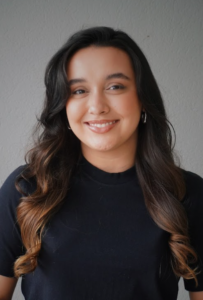
Isabella Pettengill
About the Author
Isabella Pettengill is a final-year Architecture and Urbanism student at the Federal University of Mato Grosso do Sul (UFMS), Brazil. Throughout her academic journey, she has pursued diverse professional experiences across residential, commercial, healthcare, and urban design projects, with a growing focus on human-centered and sustainable urbanism. Her bachelor’s thesis explores the revitalization of underutilized public spaces through artistic and inclusive design strategies.
Related articles

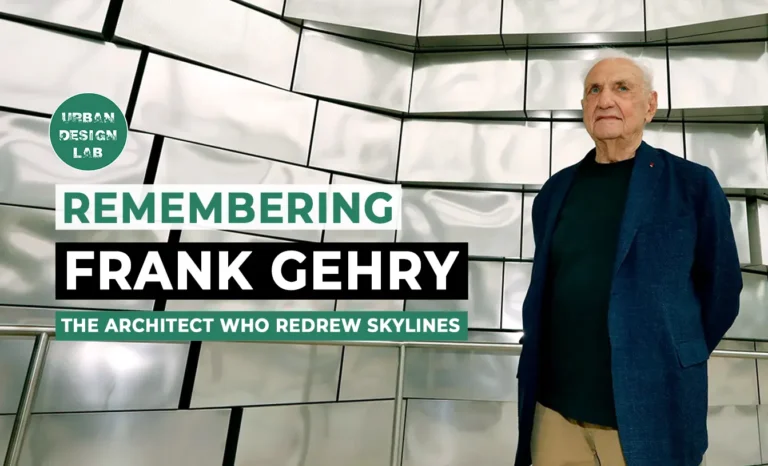
Remembering Frank O. Gehry: The Architect Who Redrew Skylines

Architecture Professional Degree Delisting: Explained
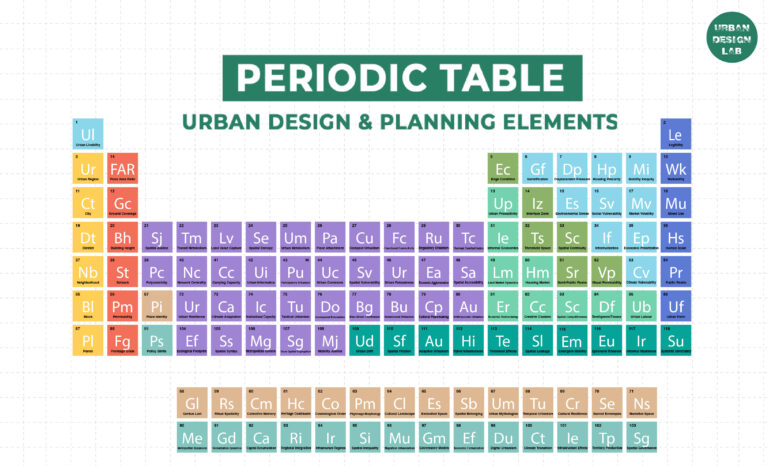
Periodic Table for Urban Design and Planning Elements
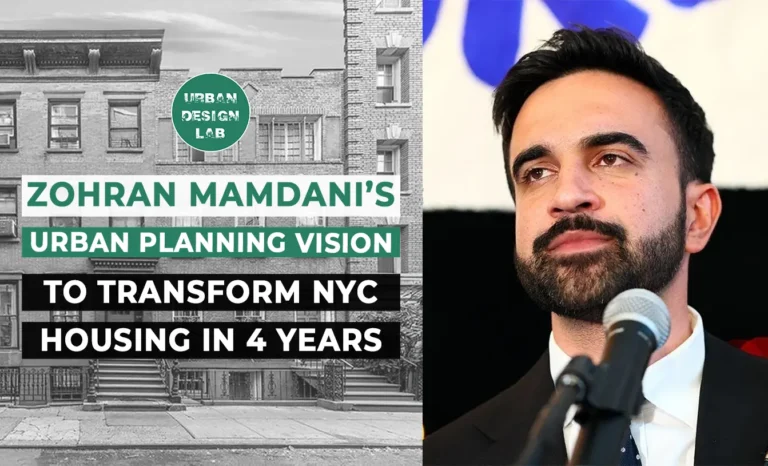
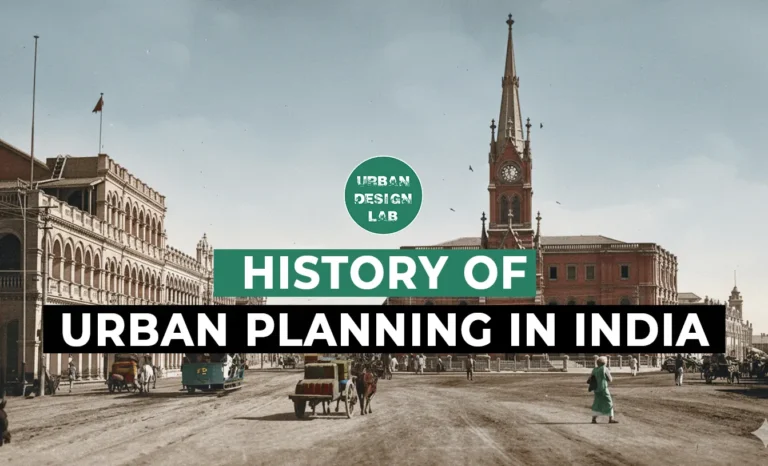
History of Urban Planning in India
UDL GIS
Masterclass
GIS Made Easy – Learn to Map, Analyse, and Transform Urban Futures
Session Dates
23rd-27th February 2026

Urban Design Lab
Be the part of our Network
Stay updated on workshops, design tools, and calls for collaboration
Curating the best graduate thesis project globally!
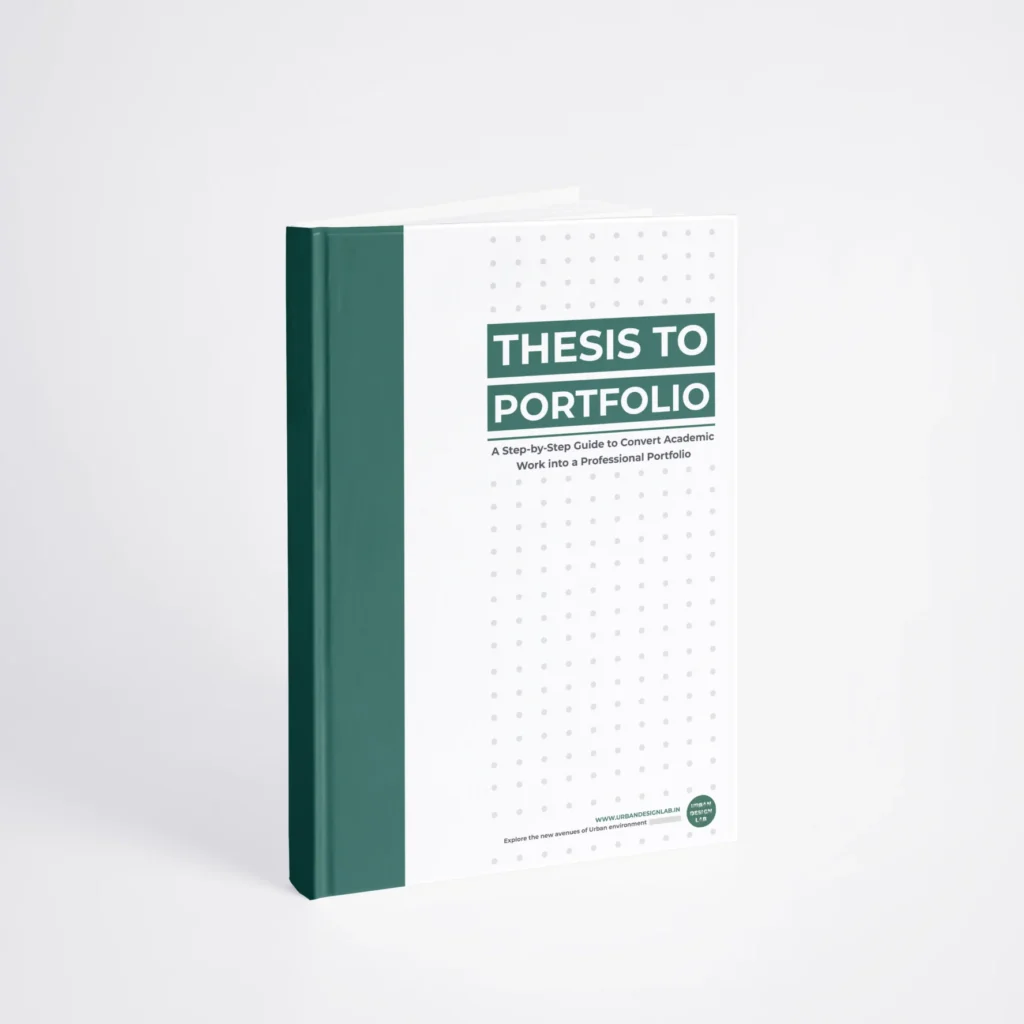
Free E-Book
From thesis to Portfolio
A Guide to Convert Academic Work into a Professional Portfolio”
Recent Posts
- Article Posted:
- Article Posted:
- Article Posted:
- Article Posted:
- Article Posted:
- Article Posted:
- Article Posted:
- Article Posted:
- Article Posted:
- Article Posted:
Sign up for our Newsletter
“Let’s explore the new avenues of Urban environment together “

